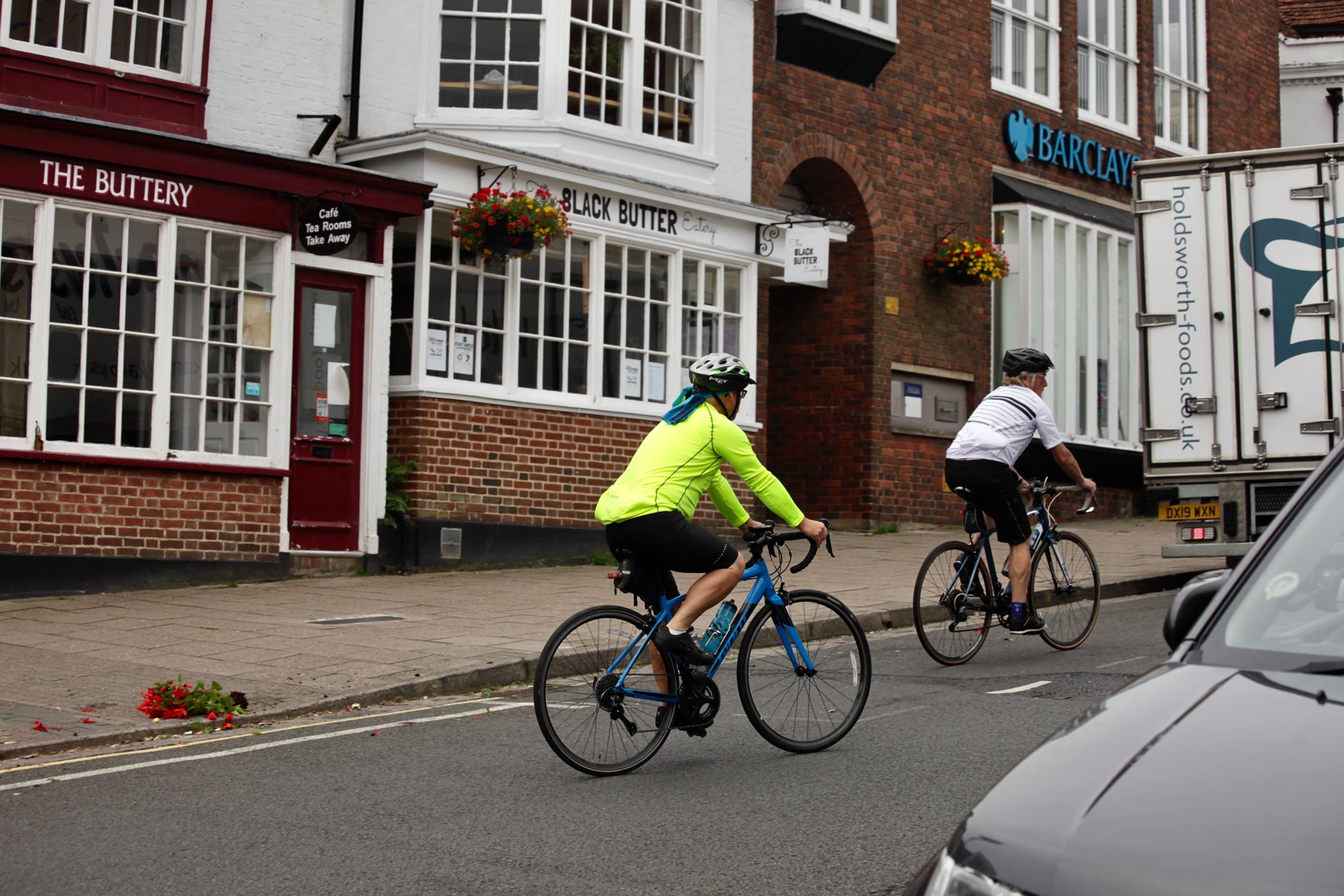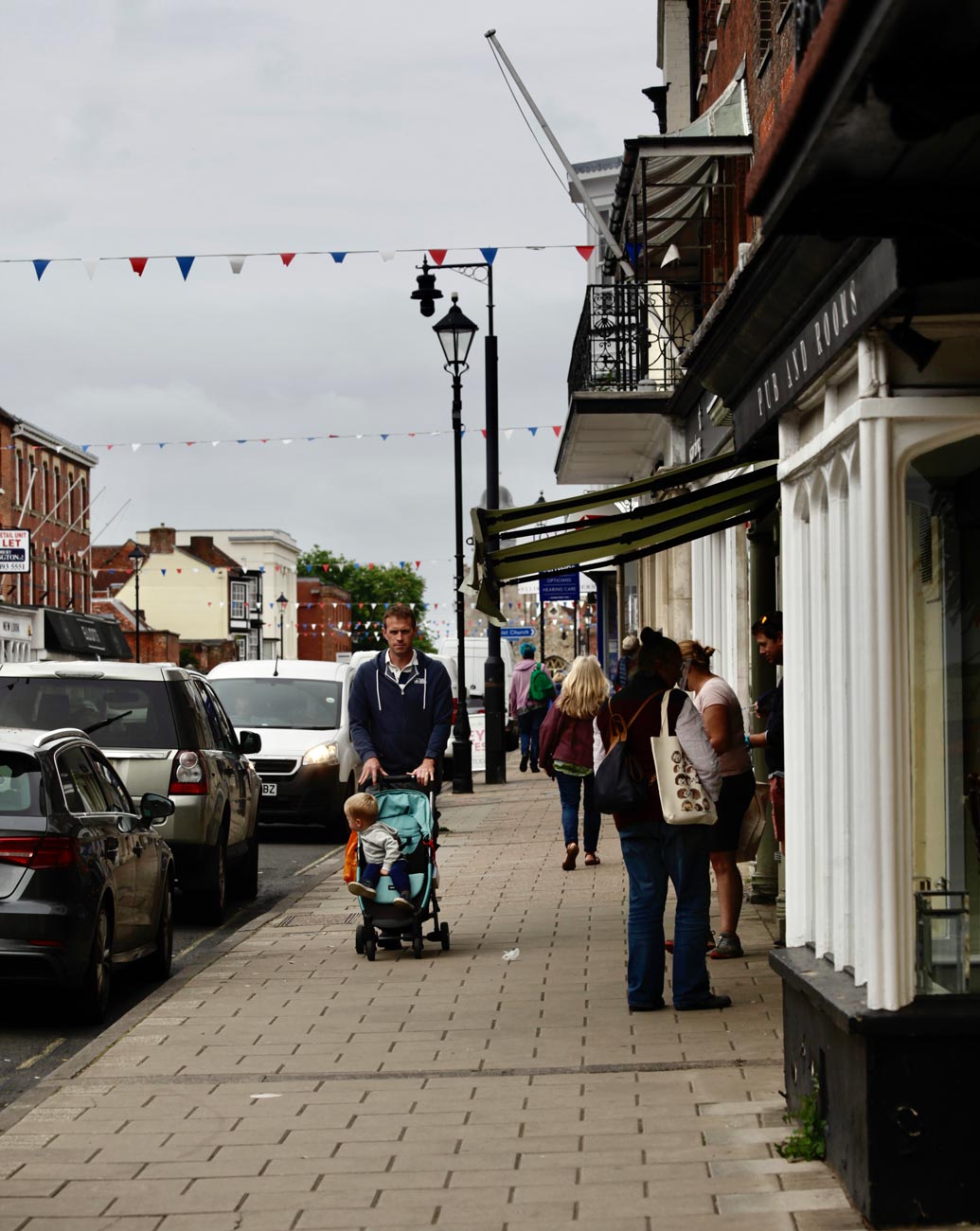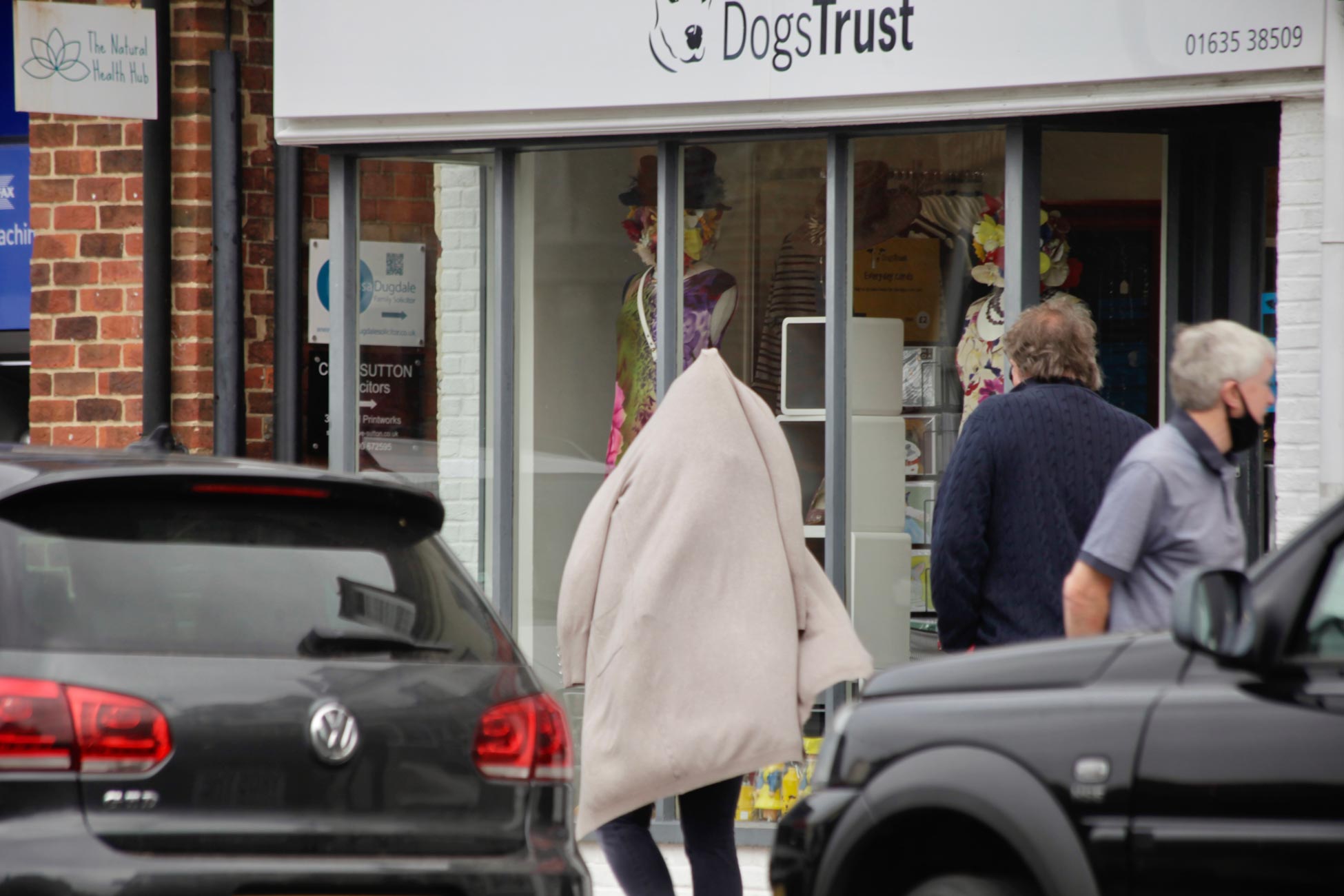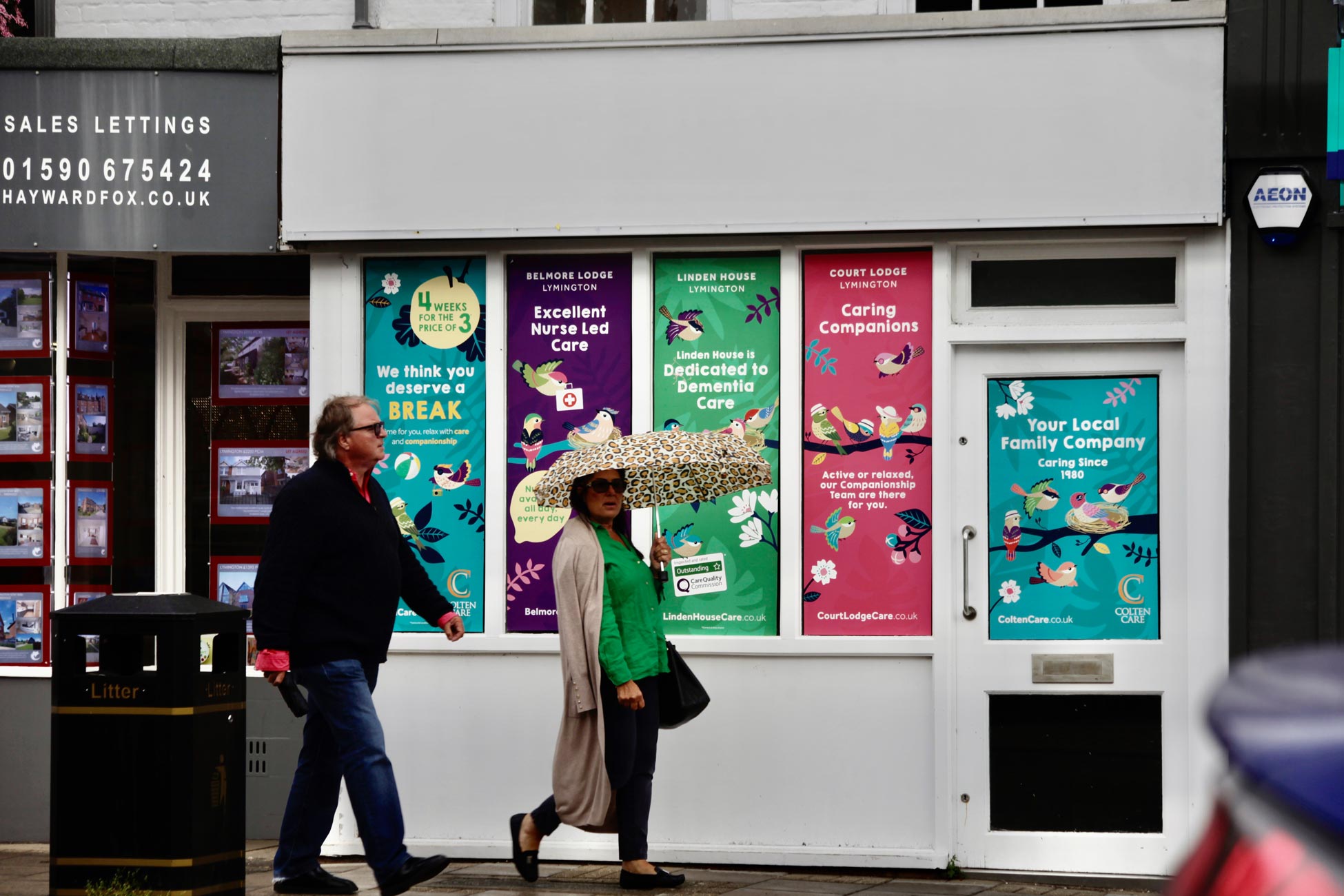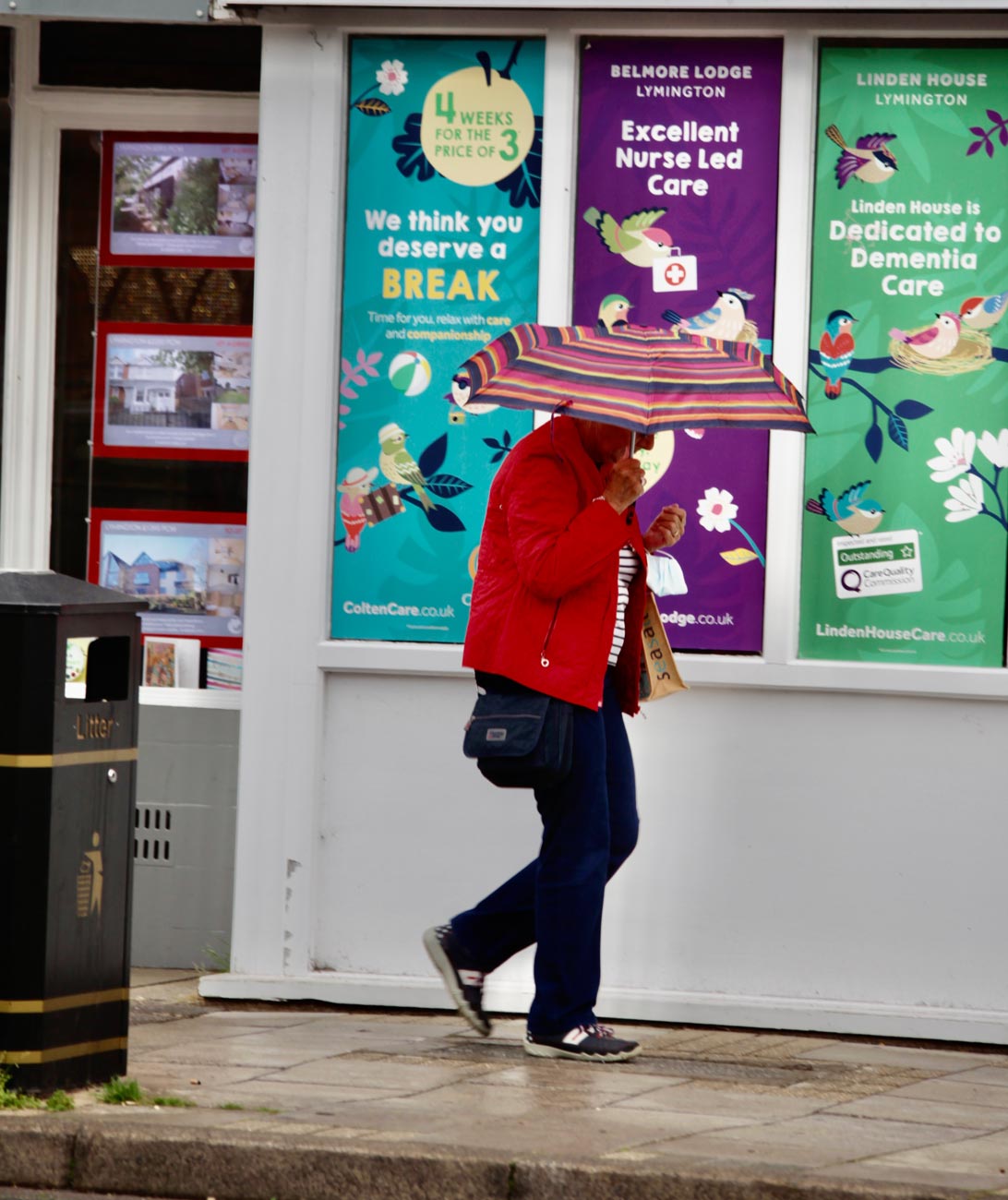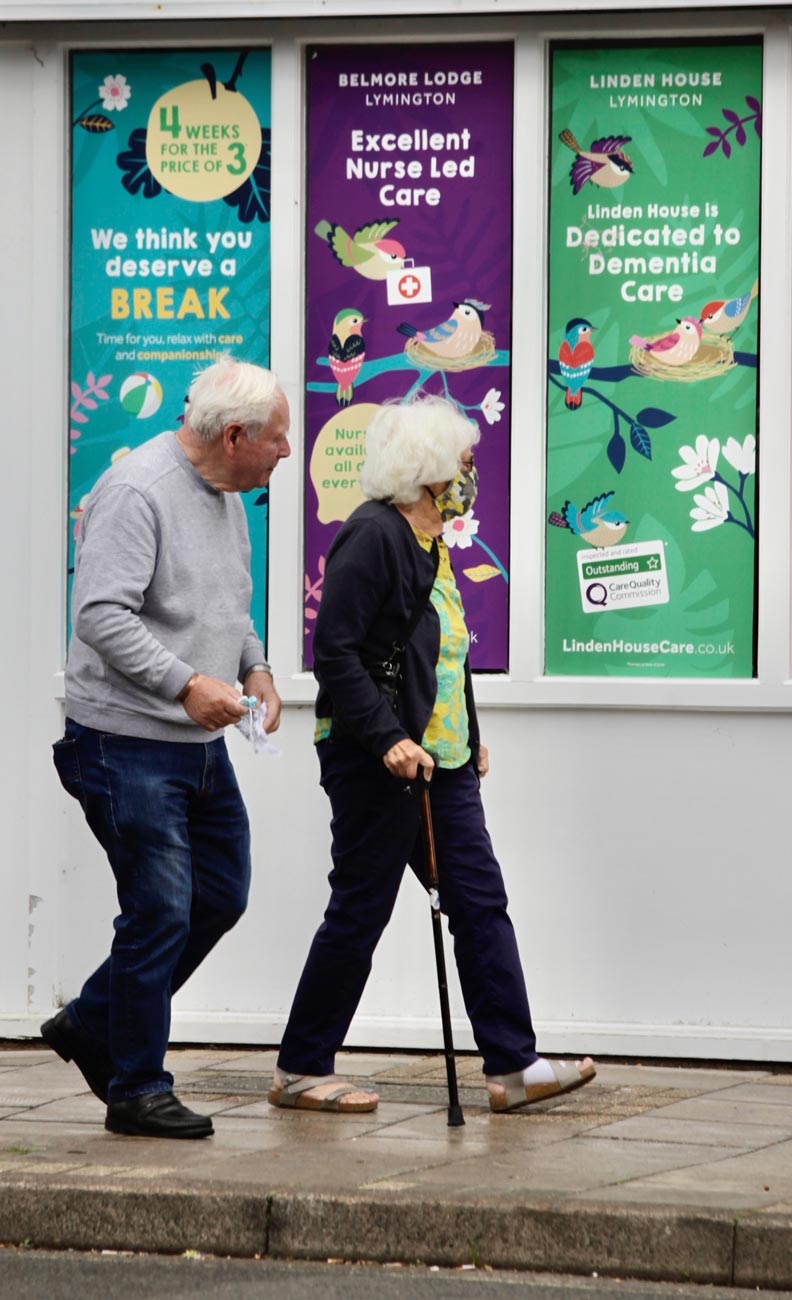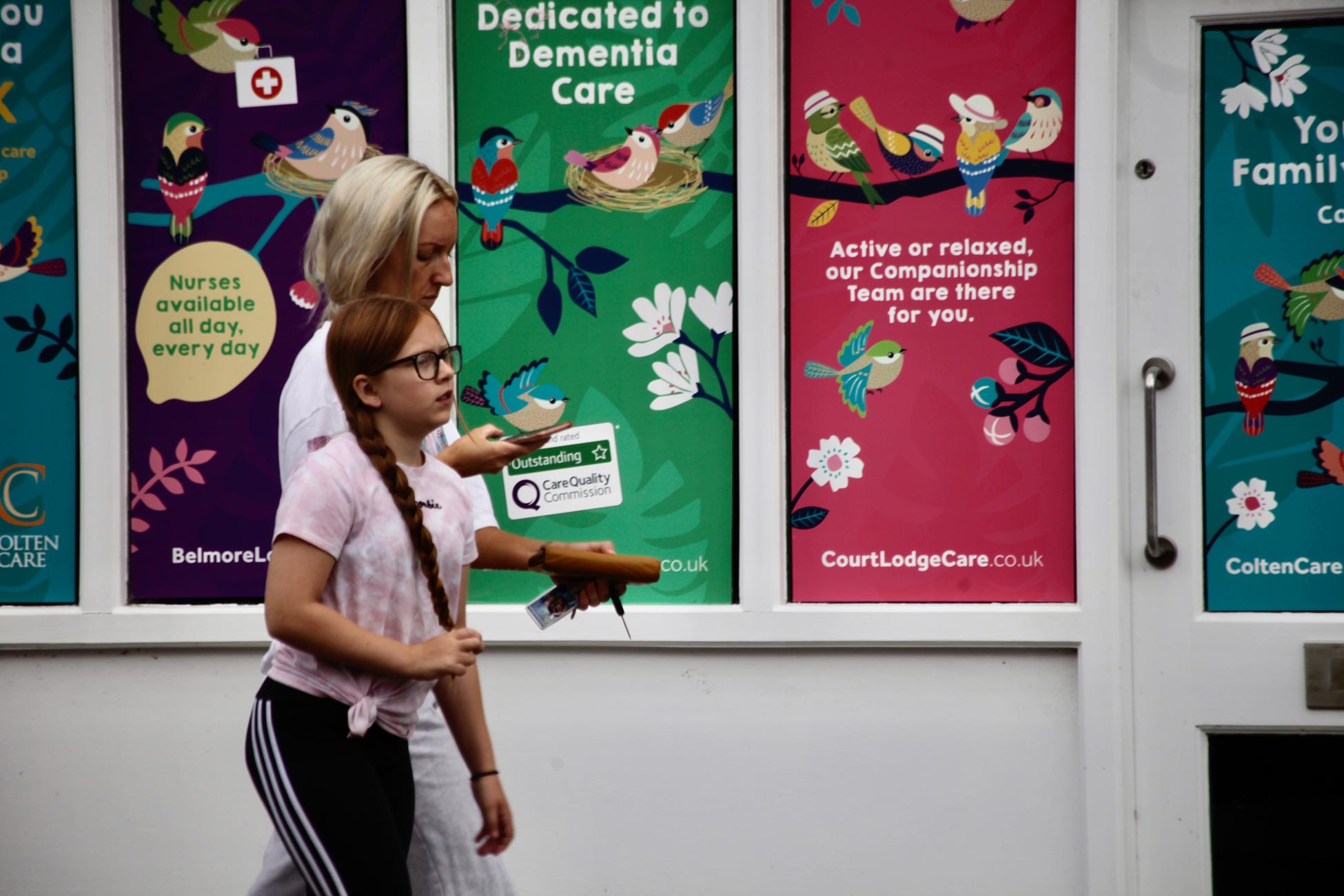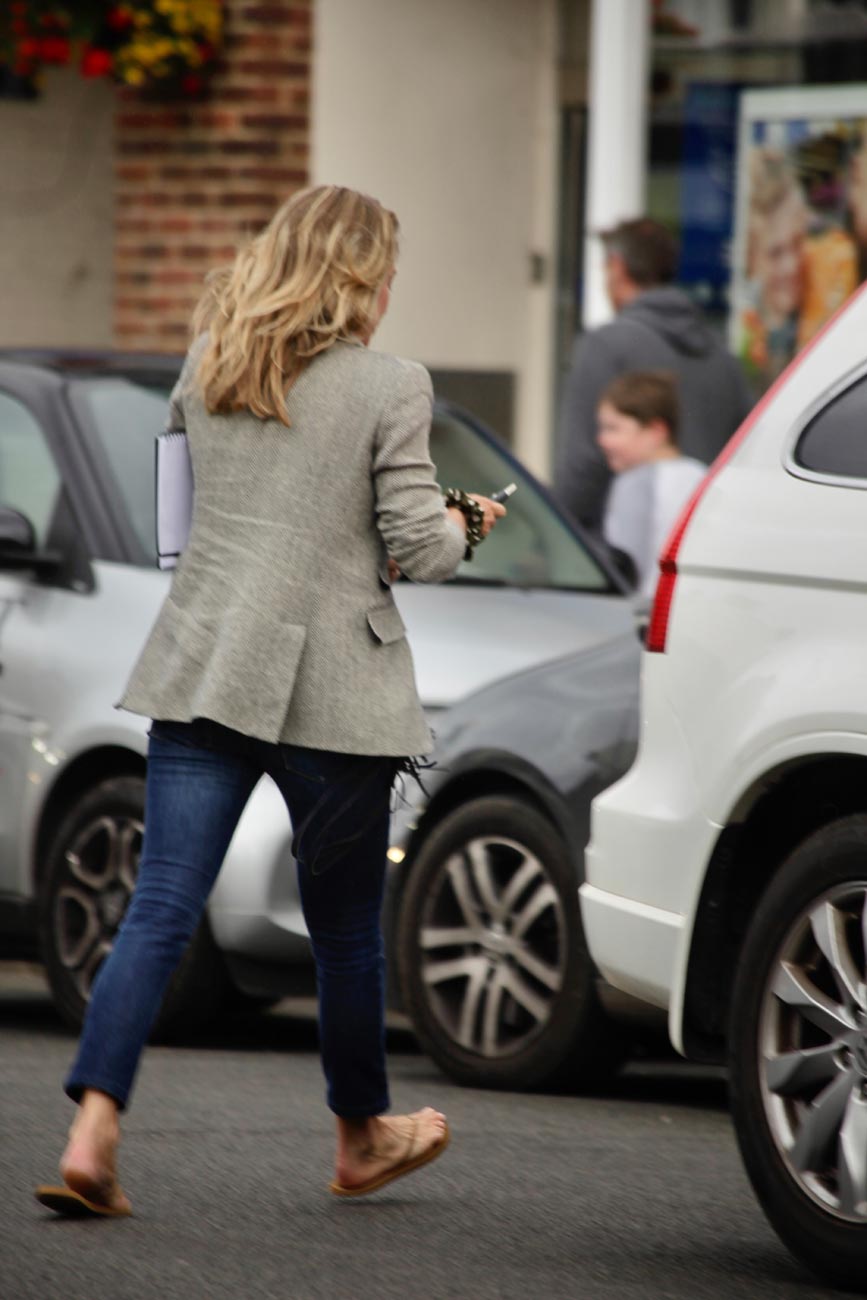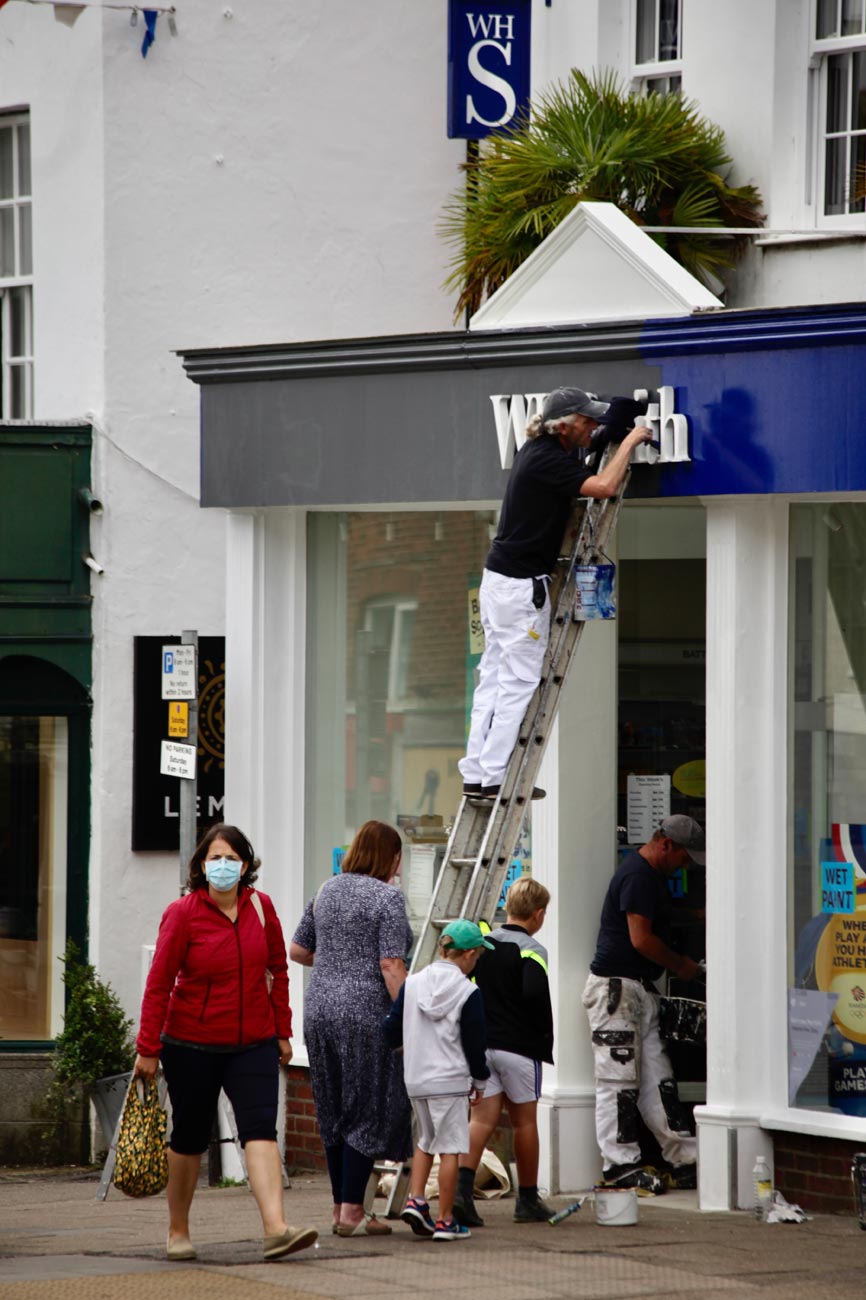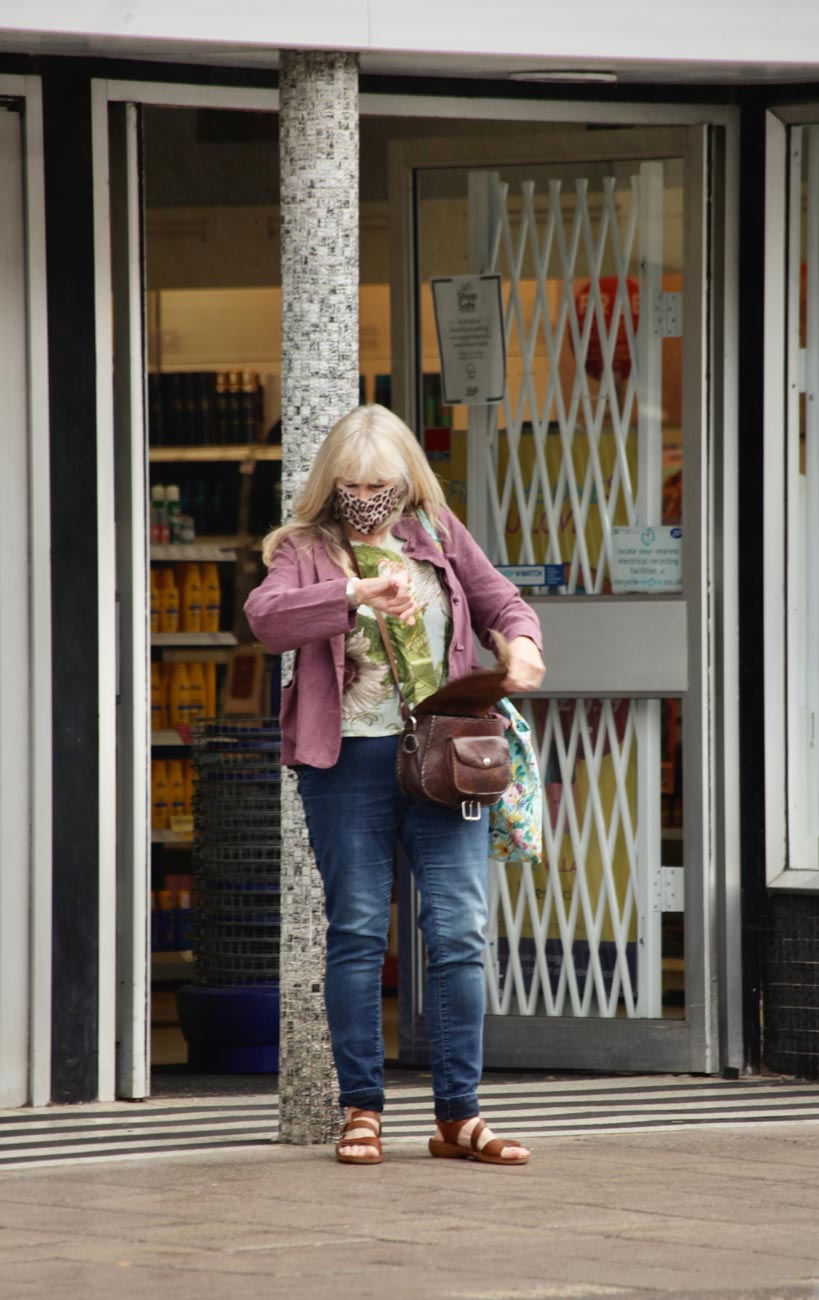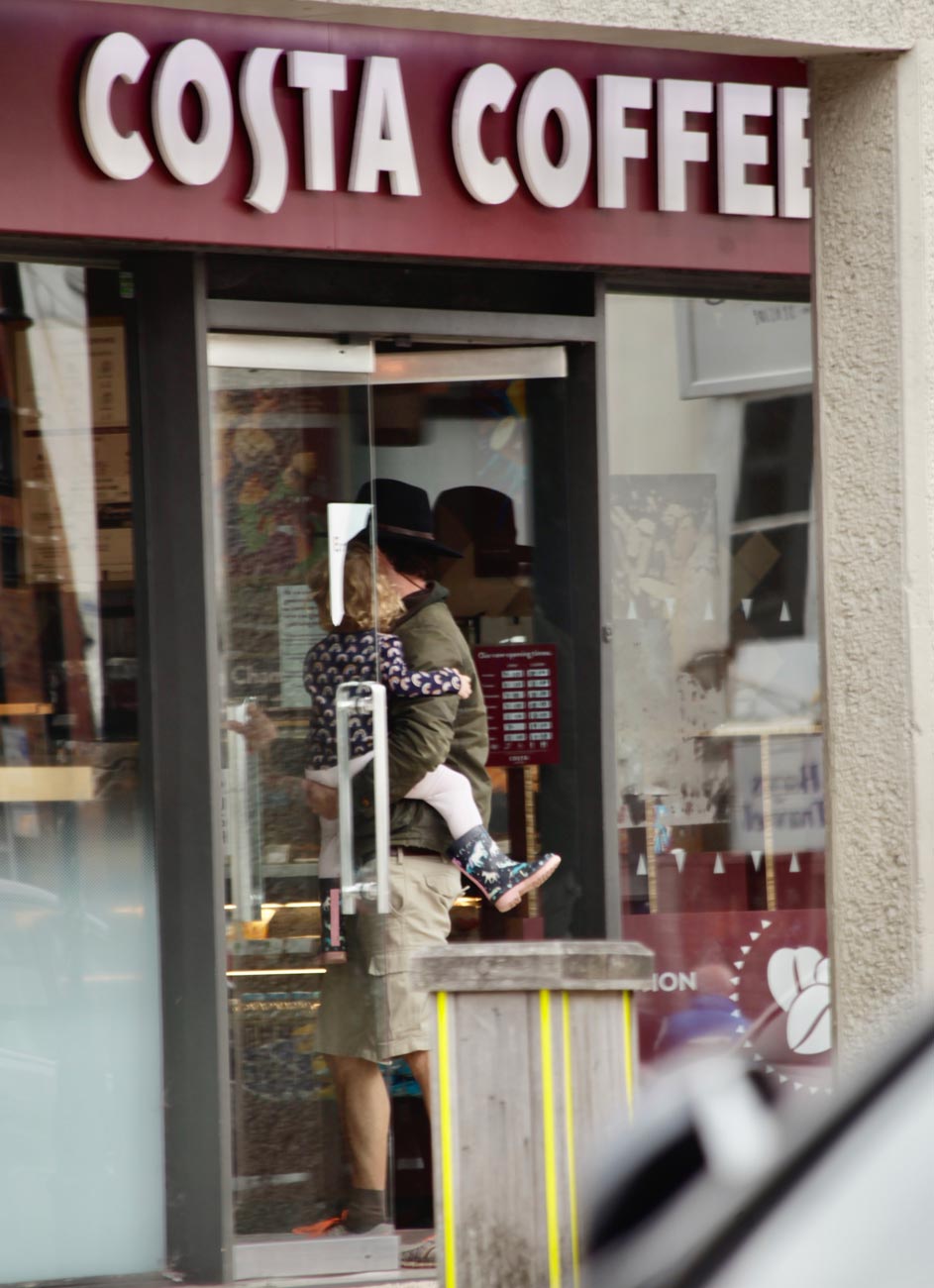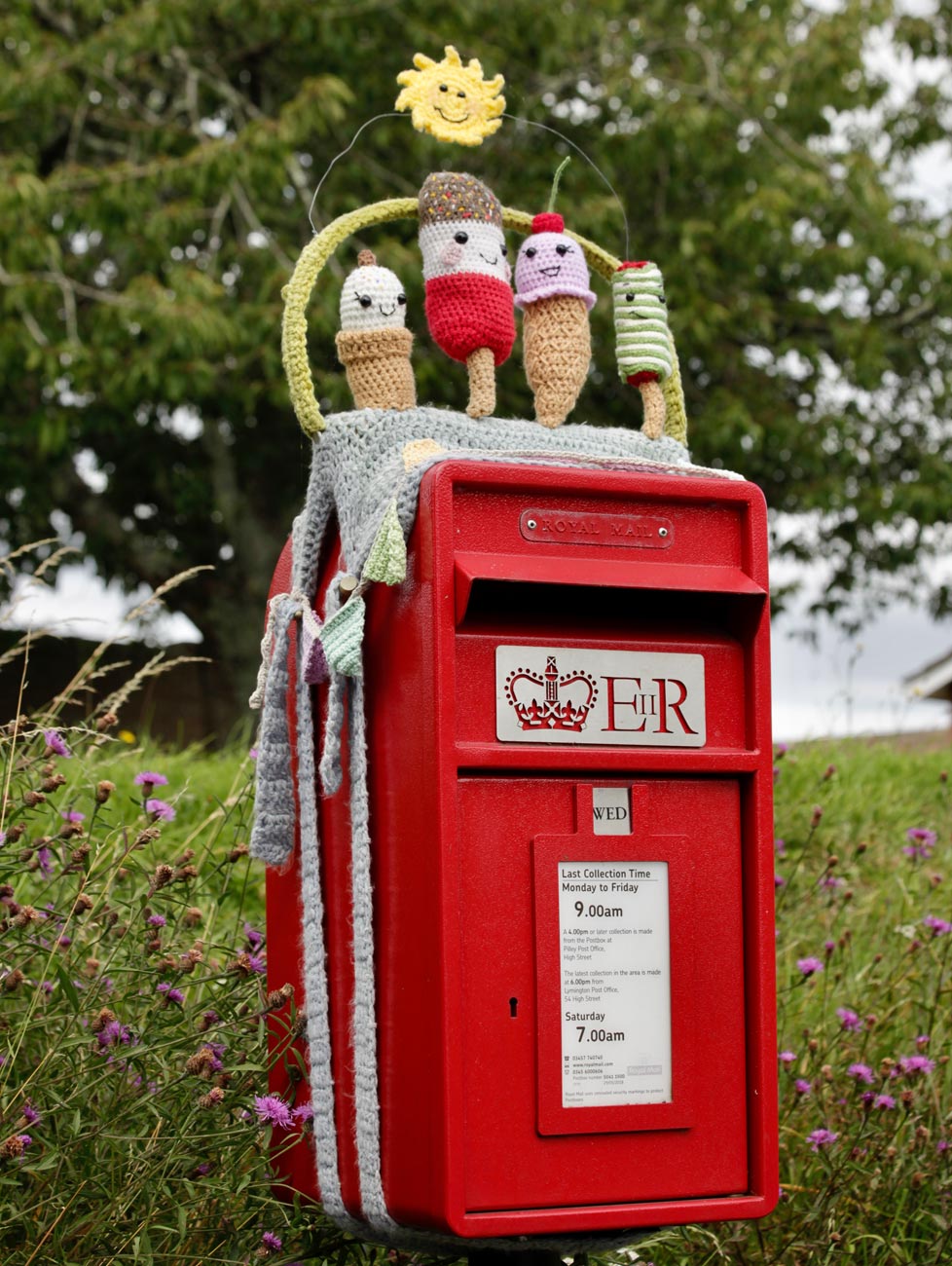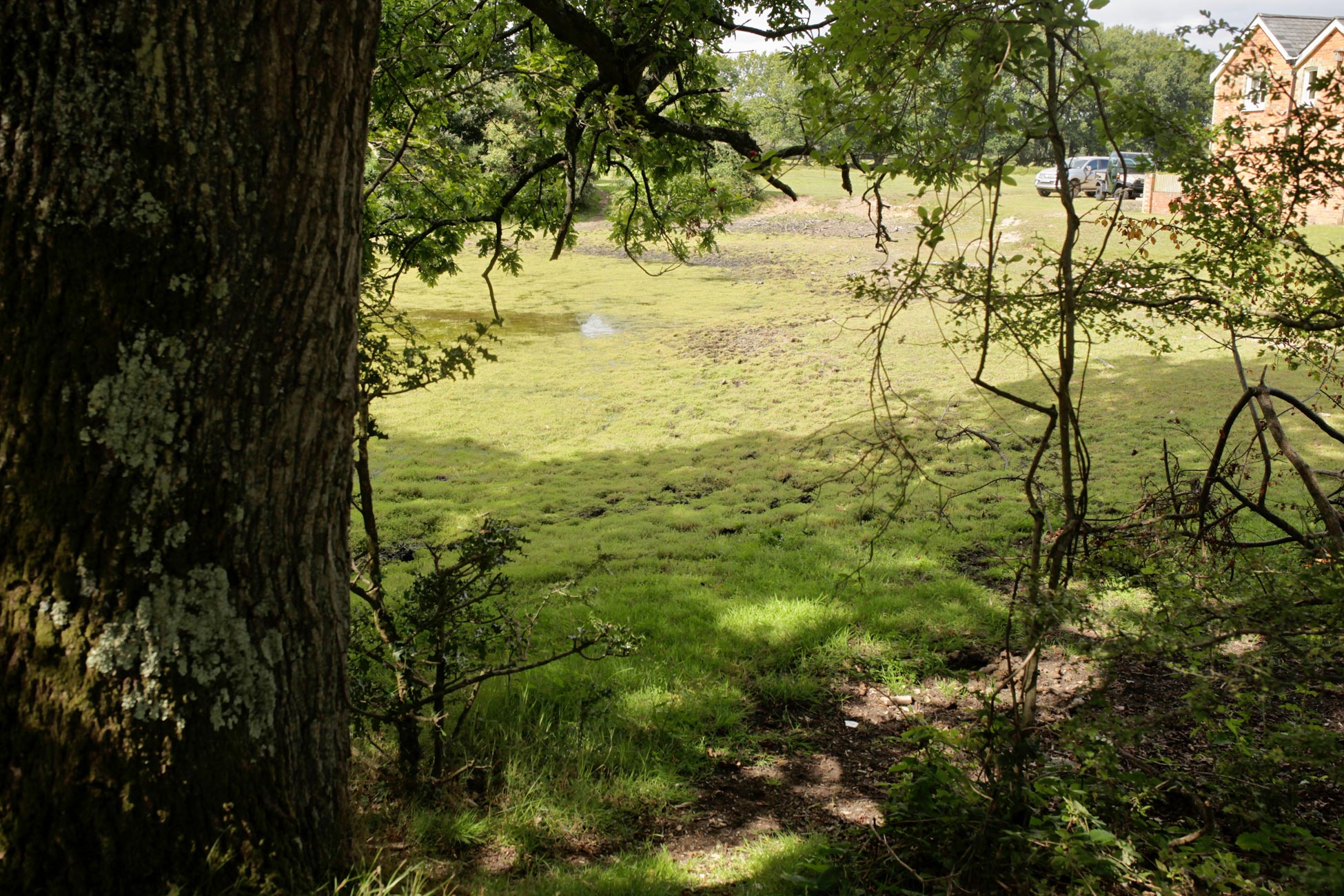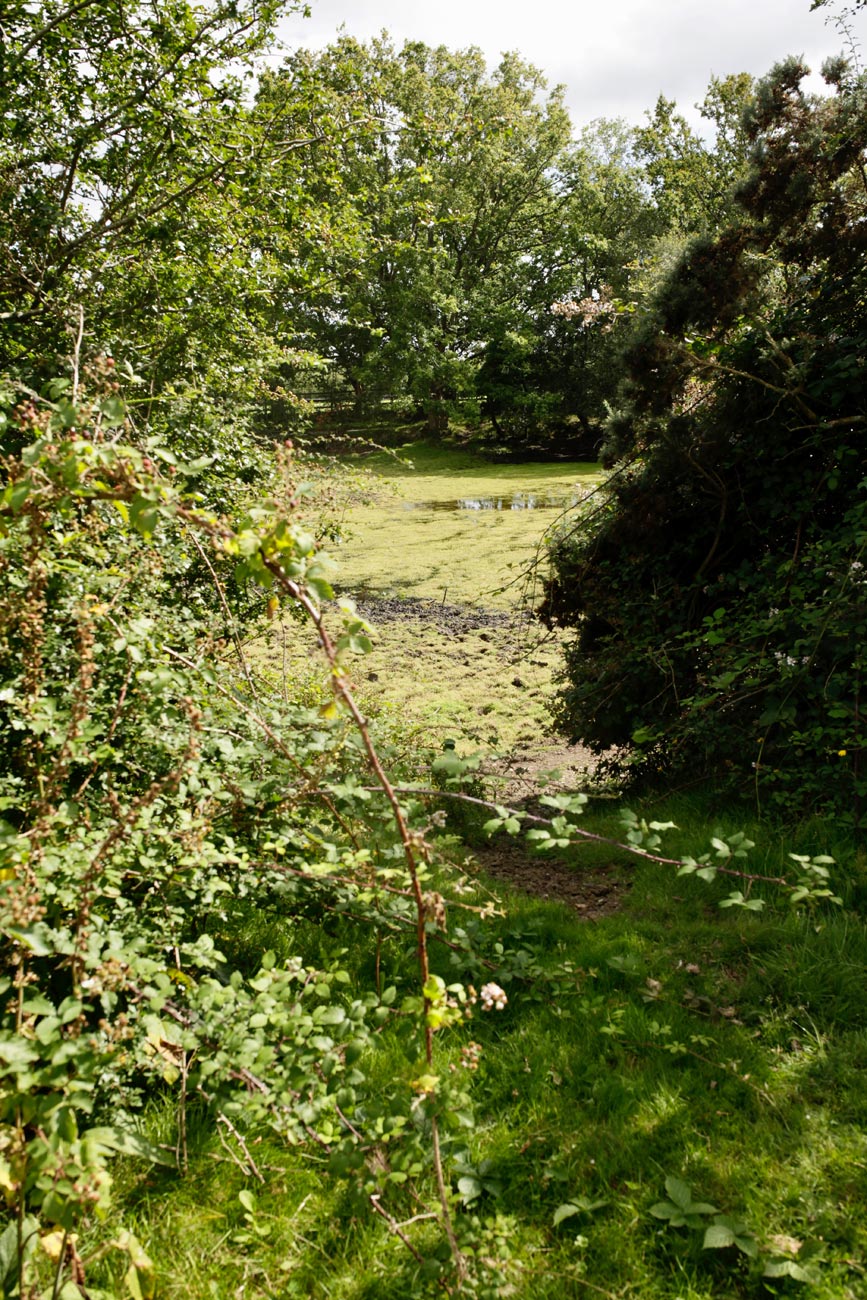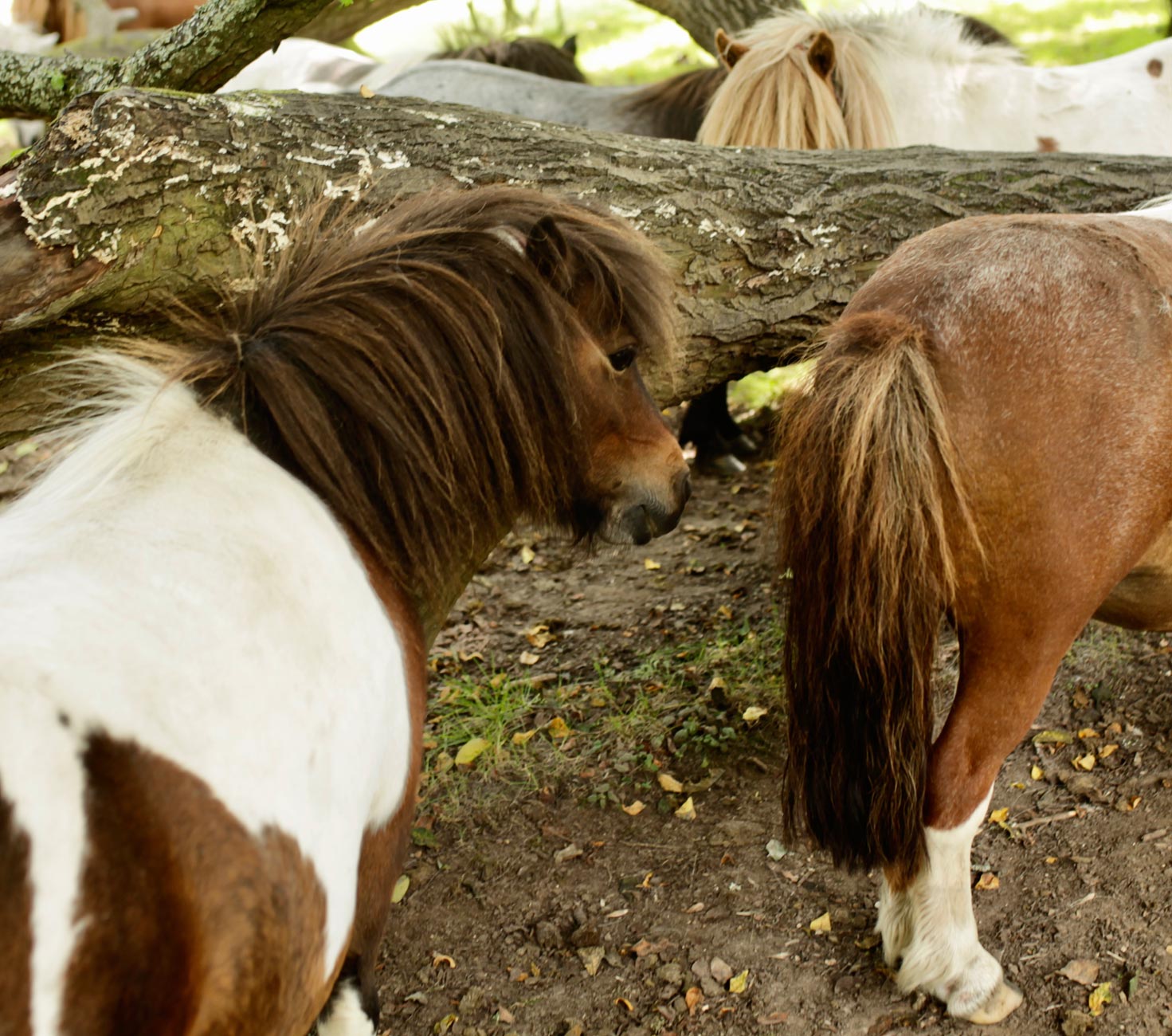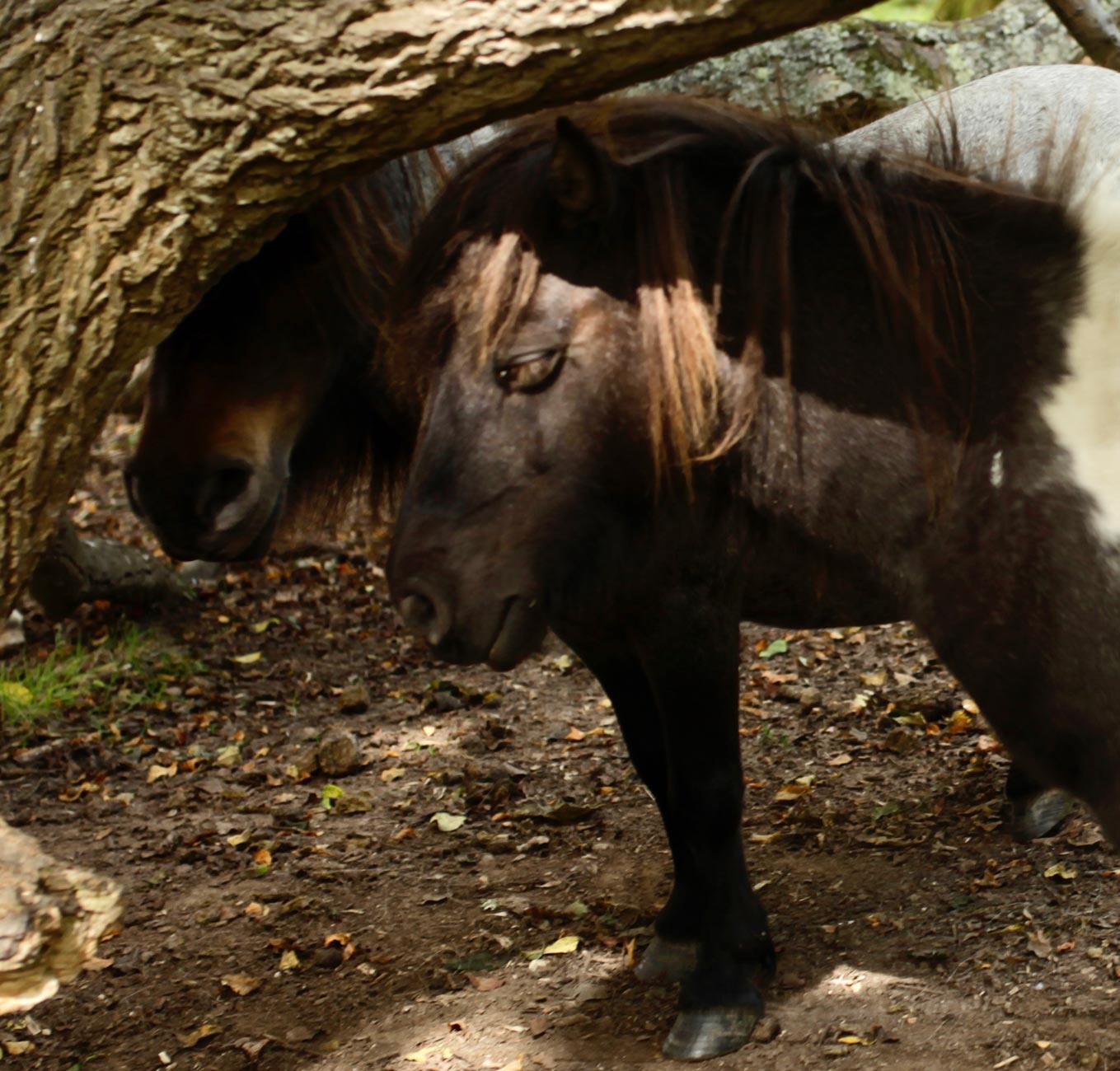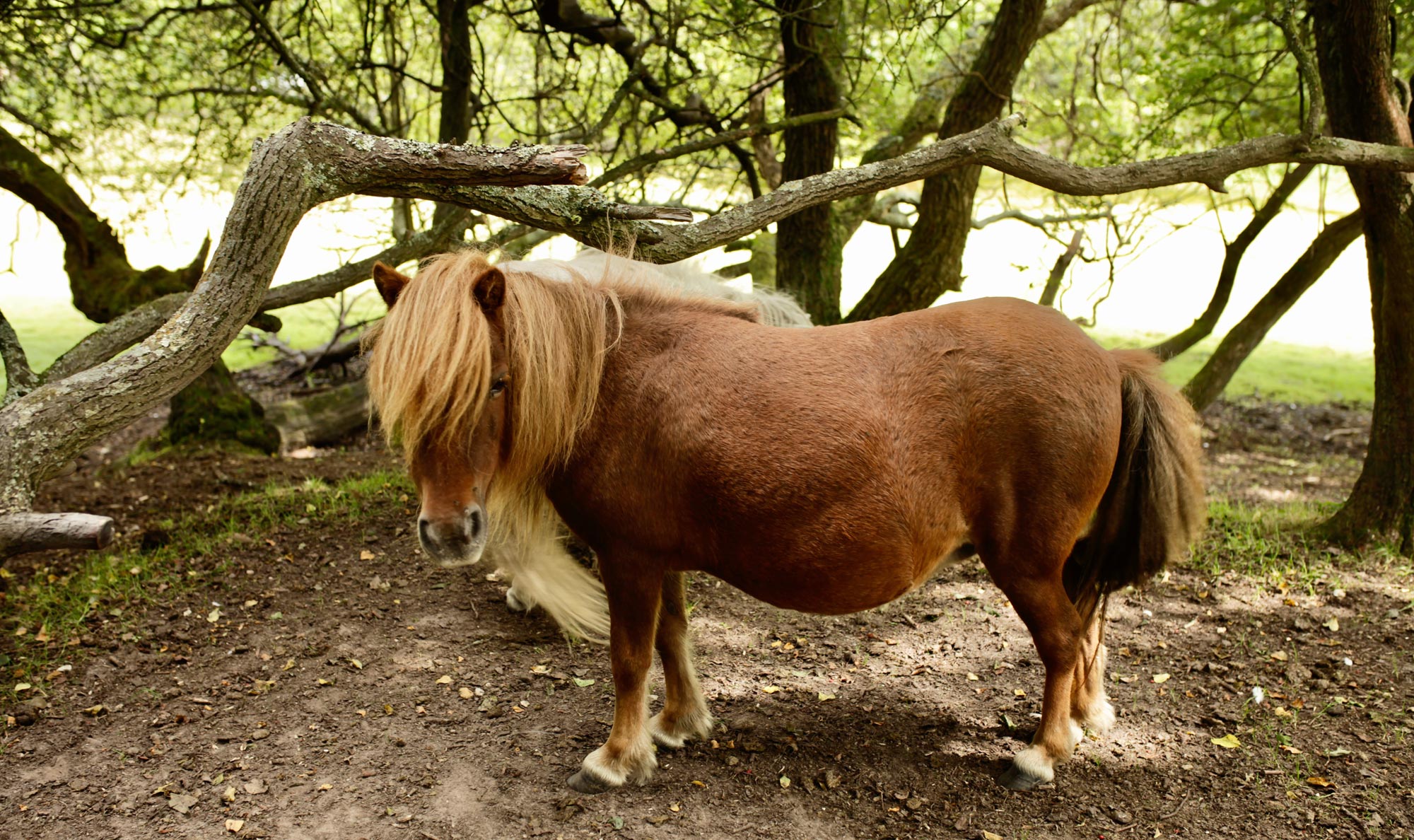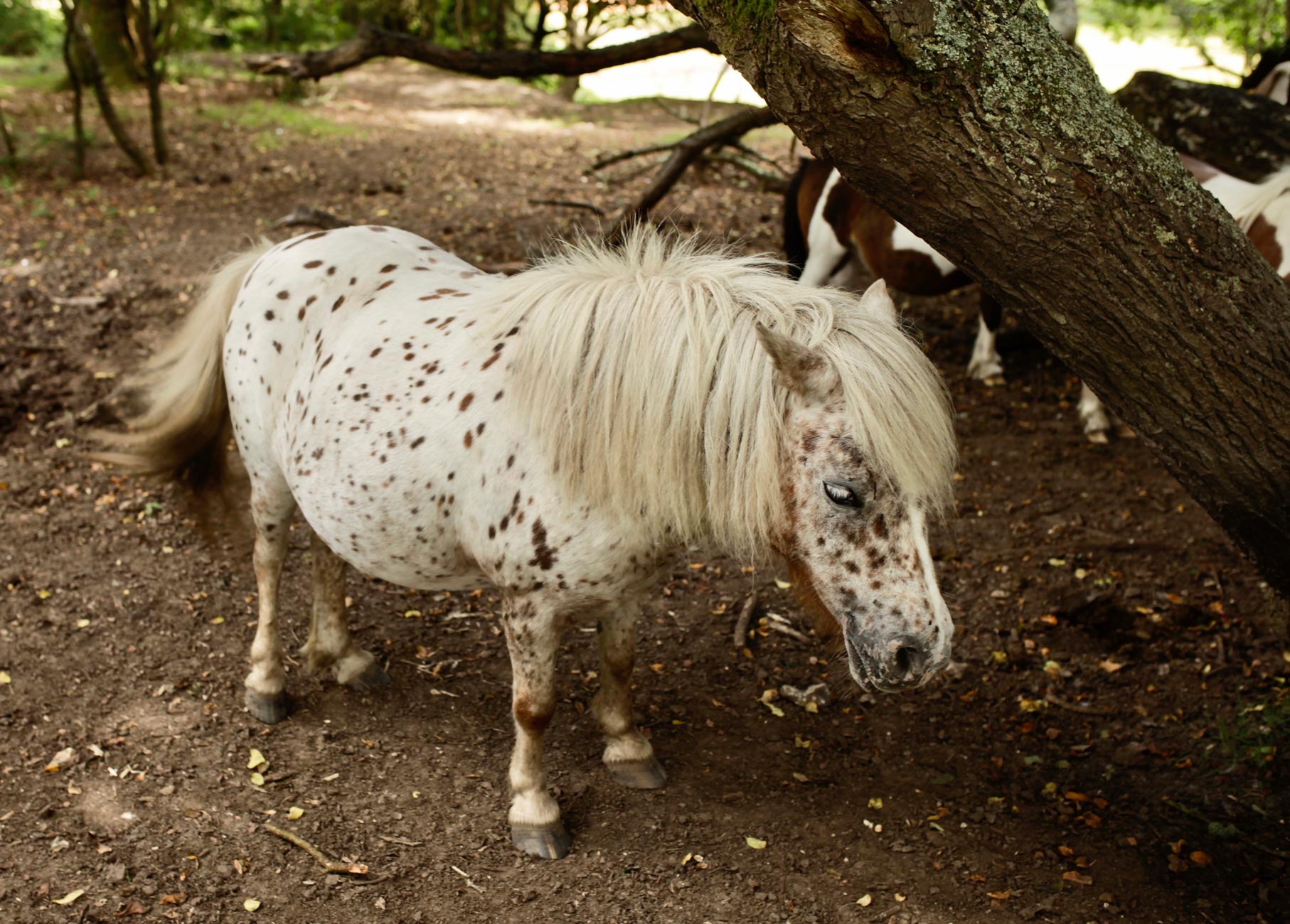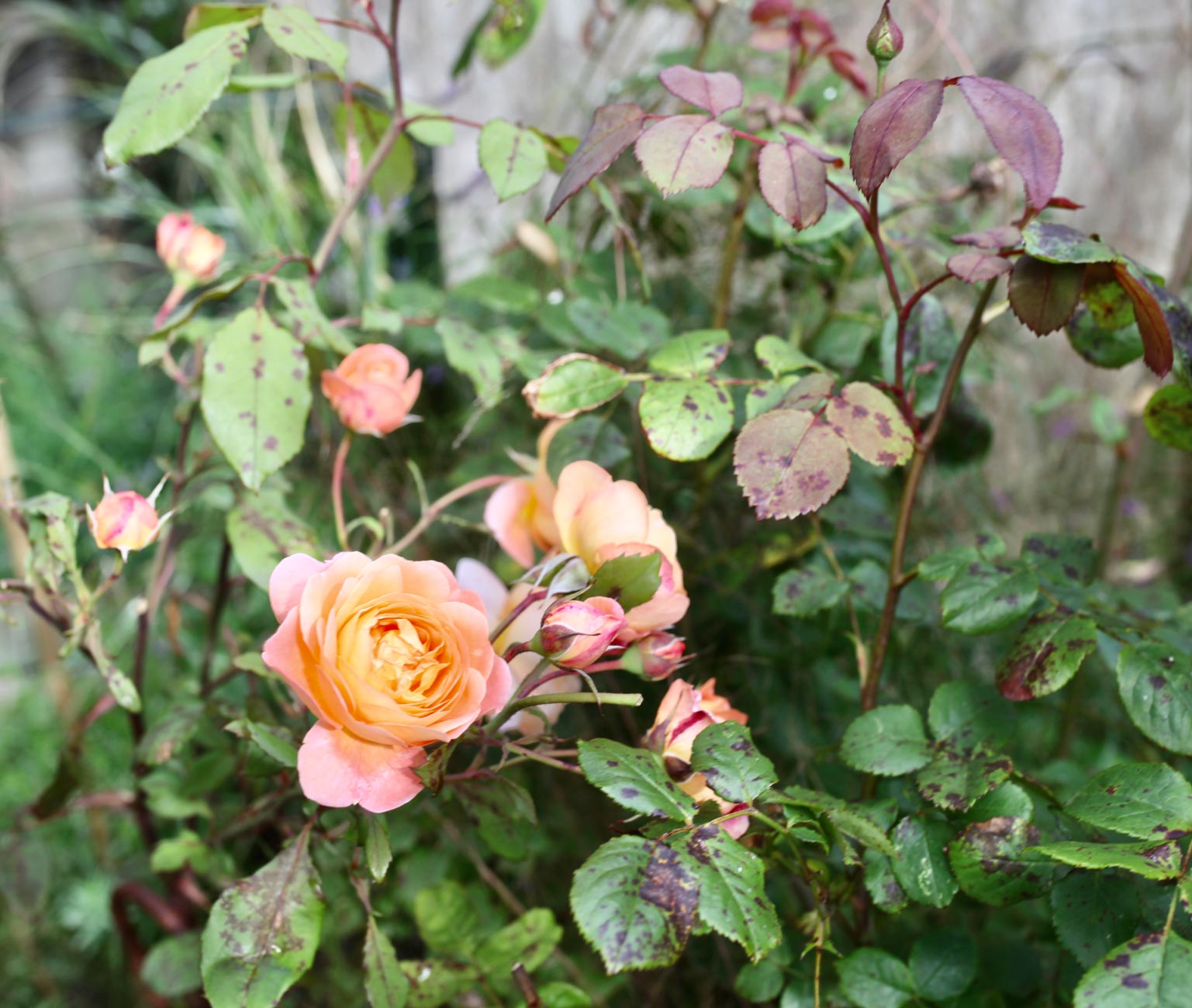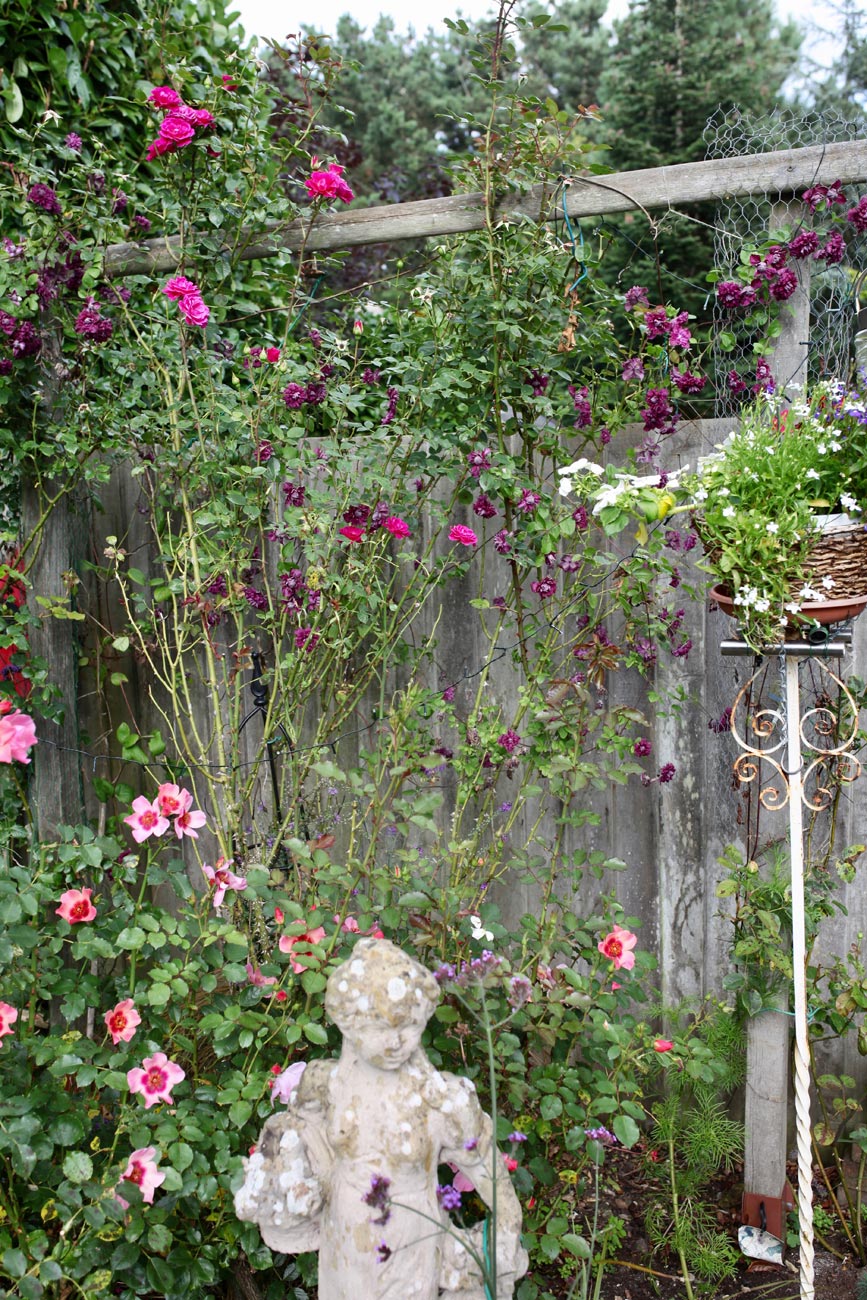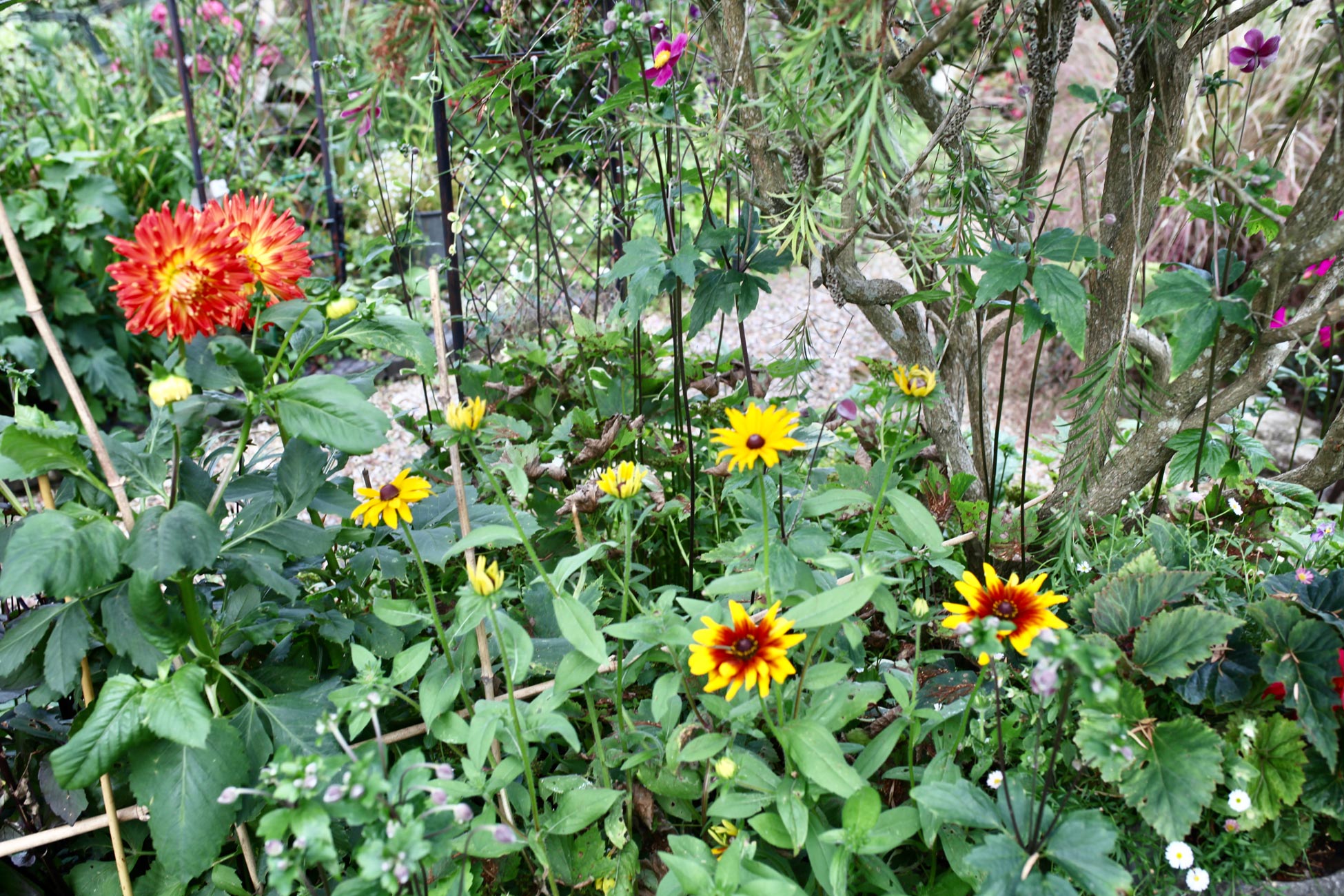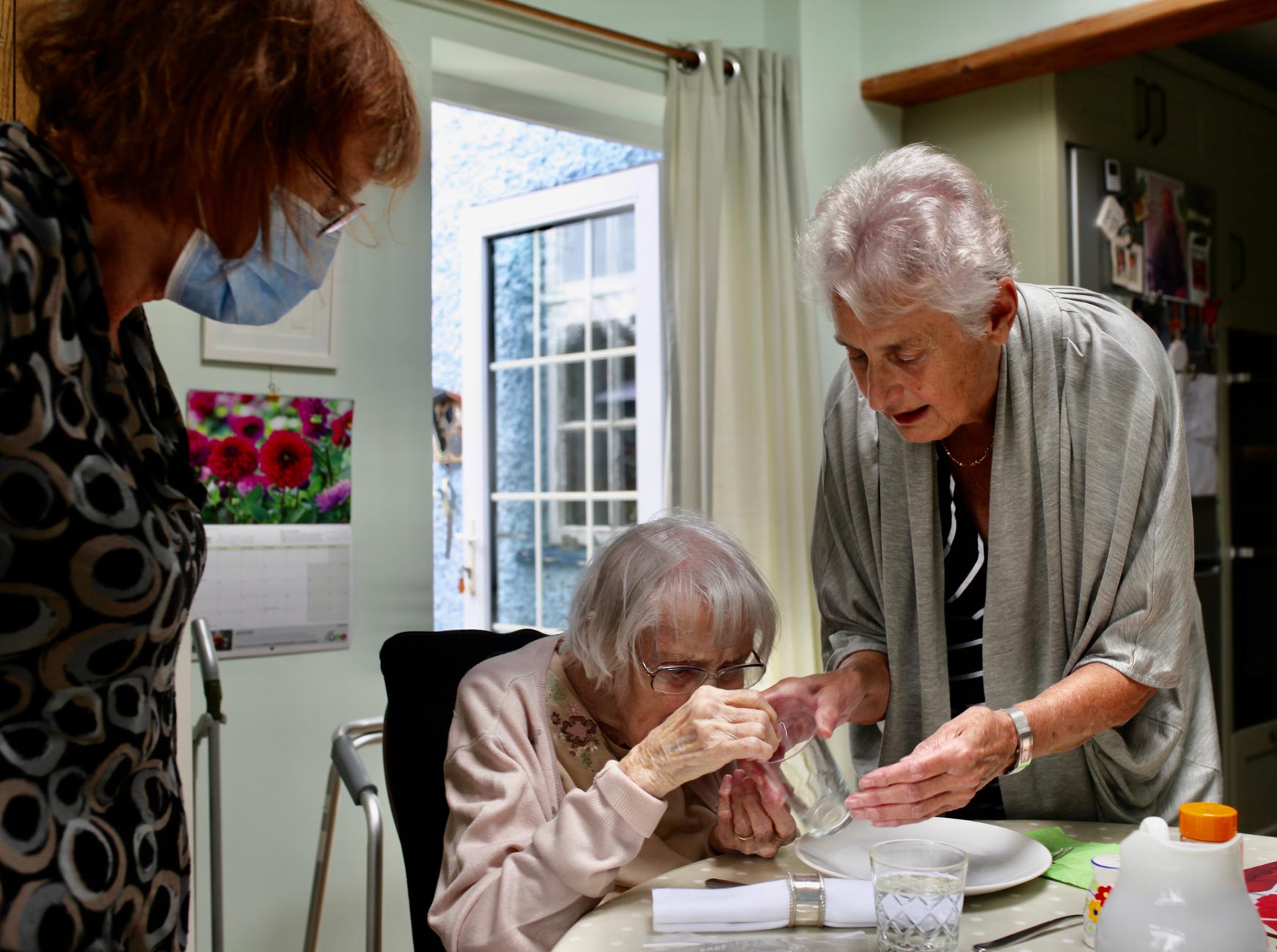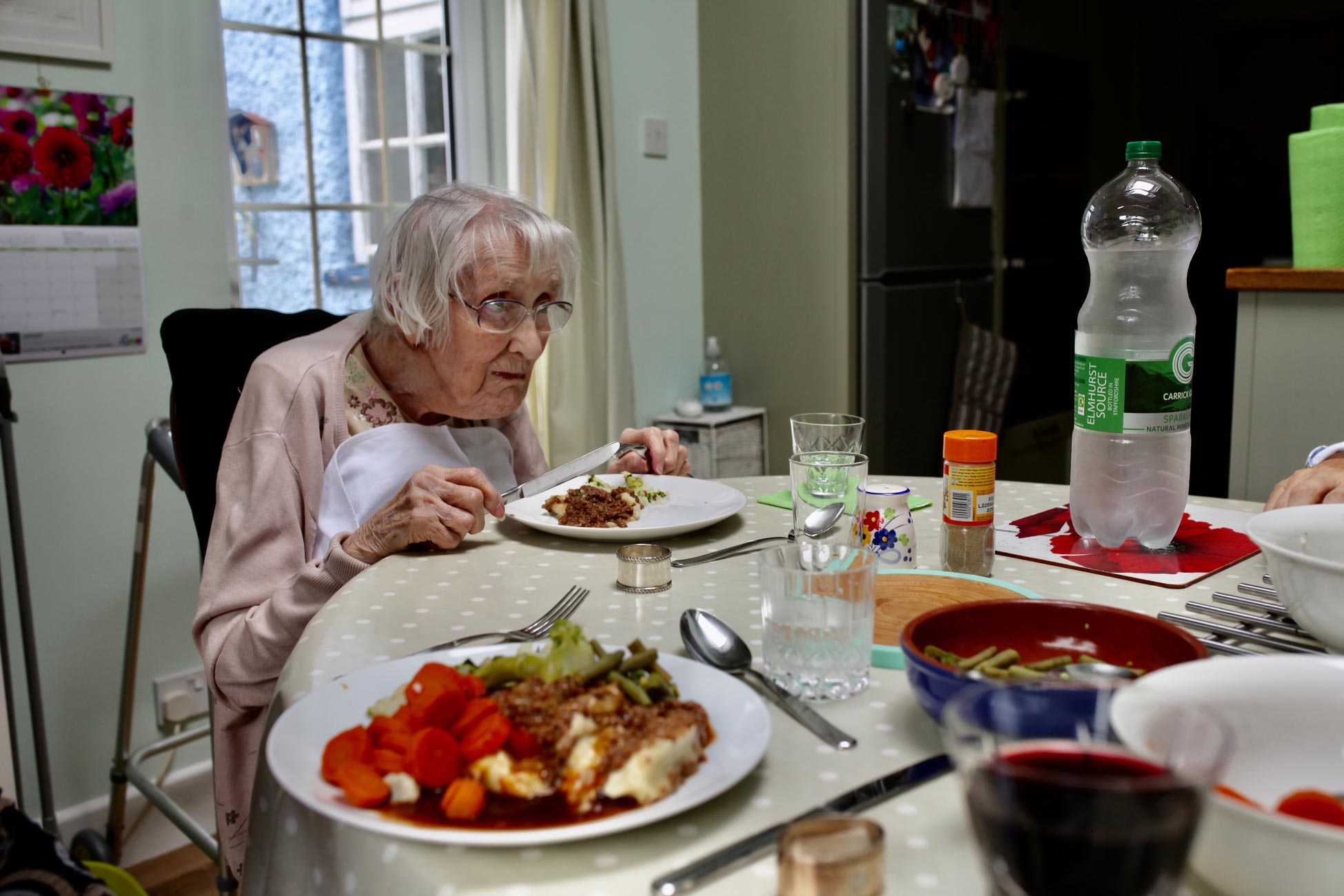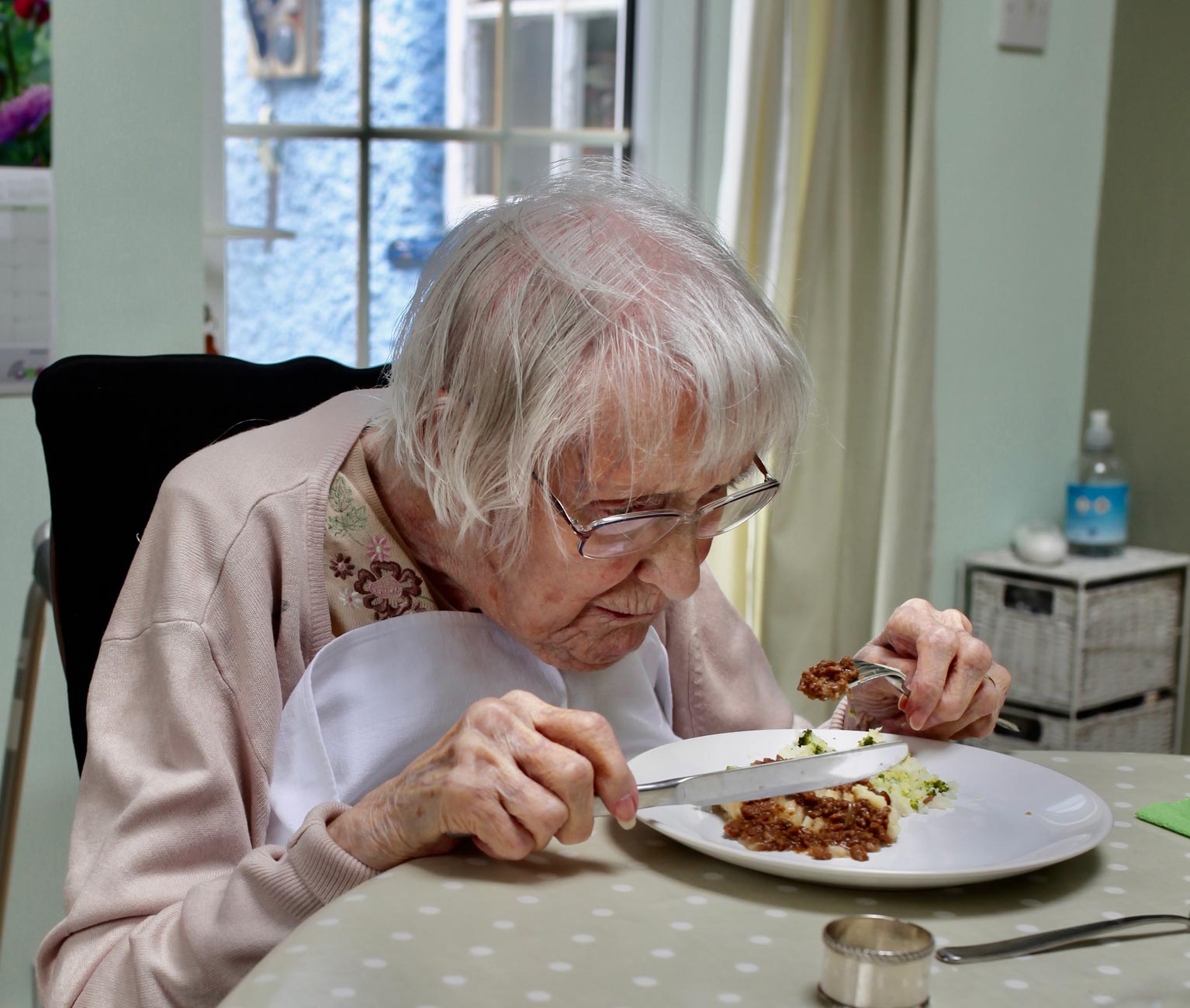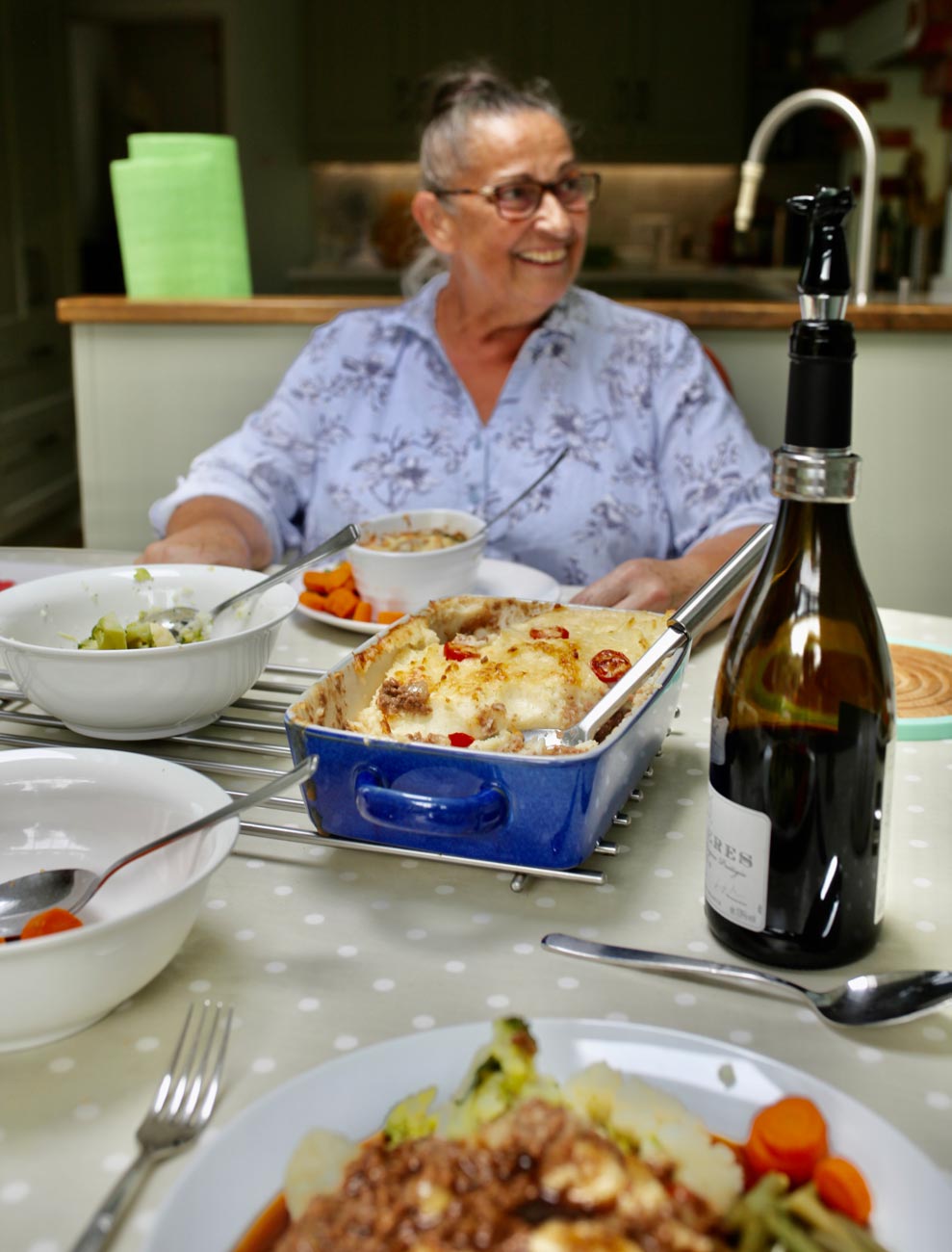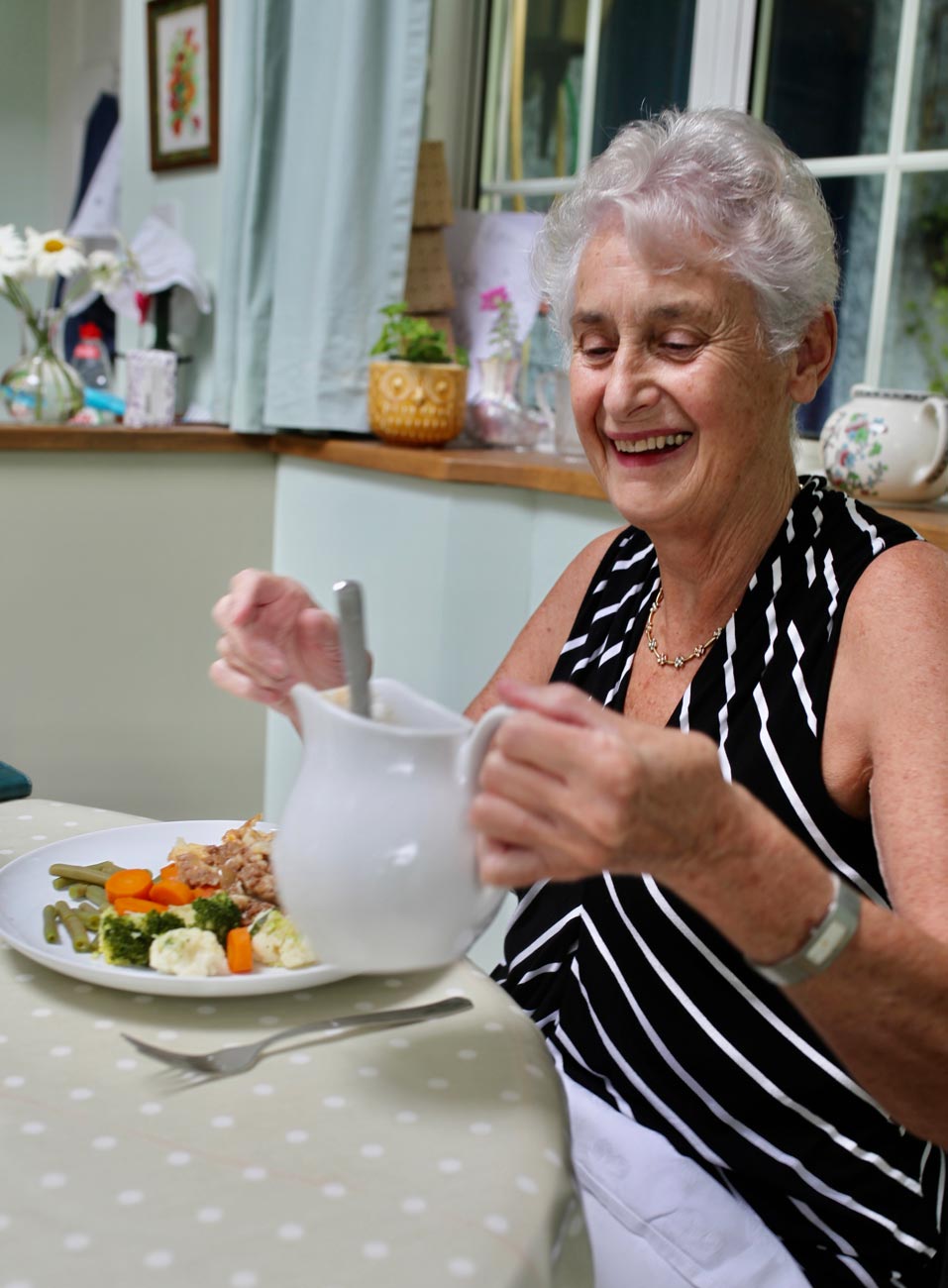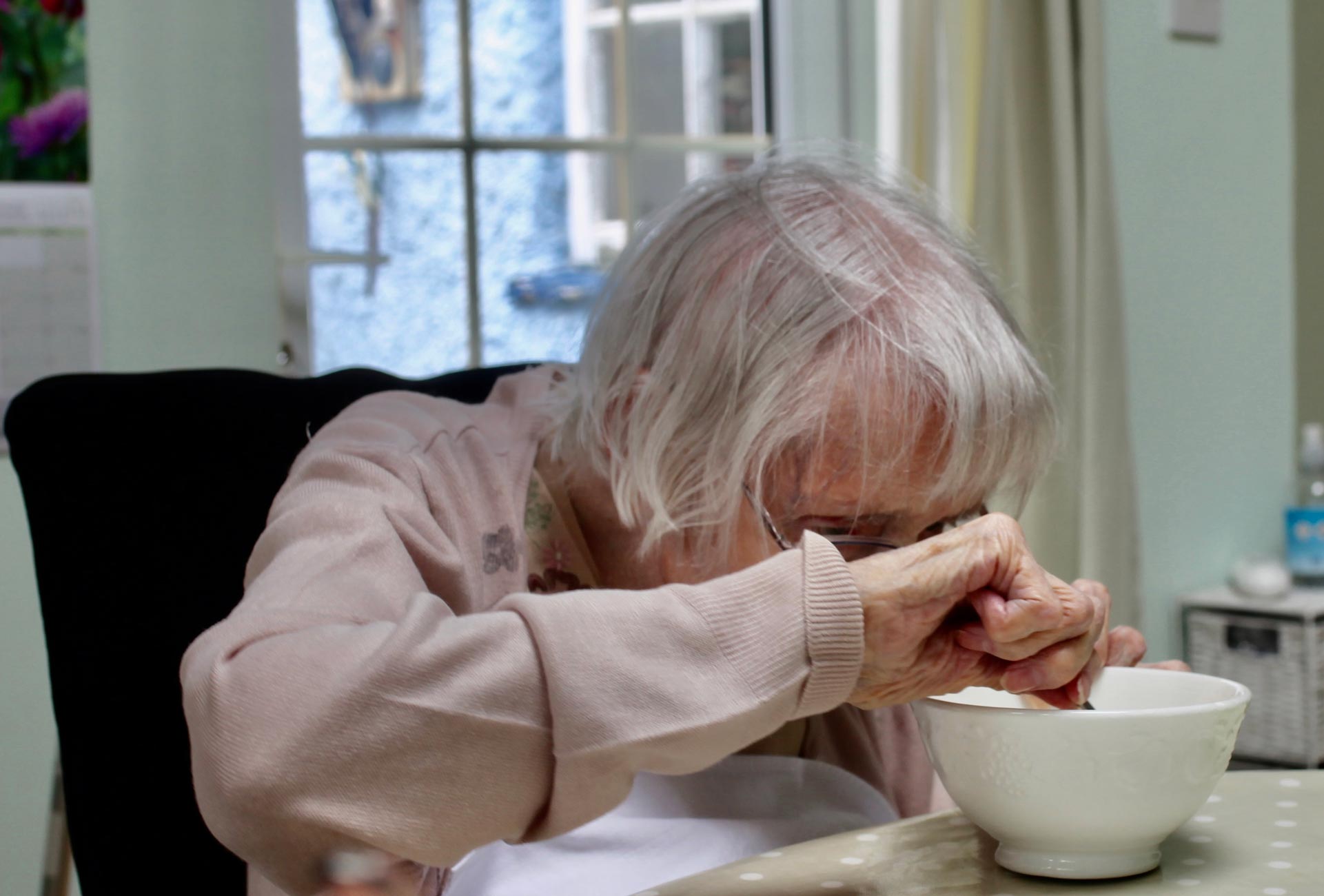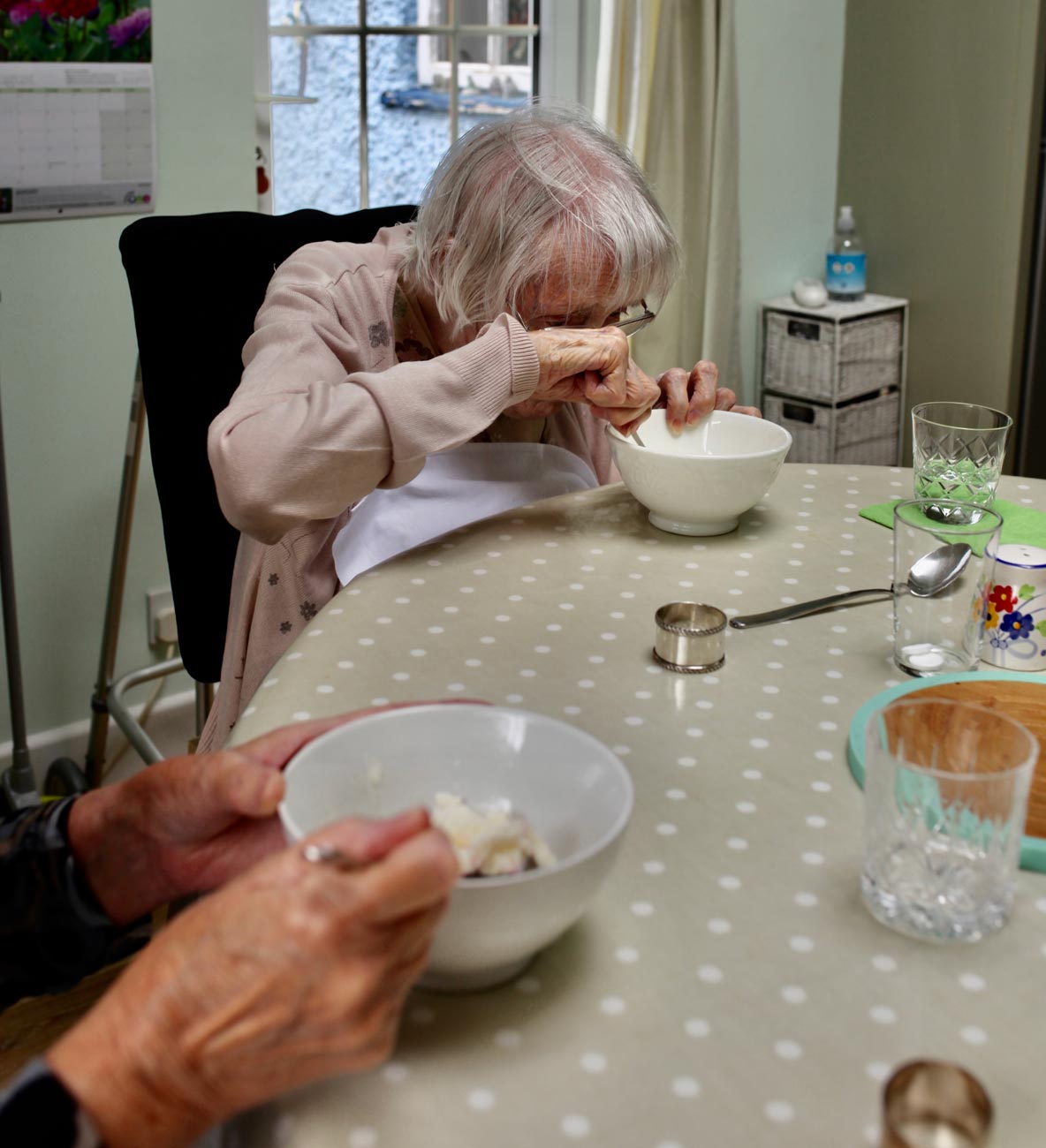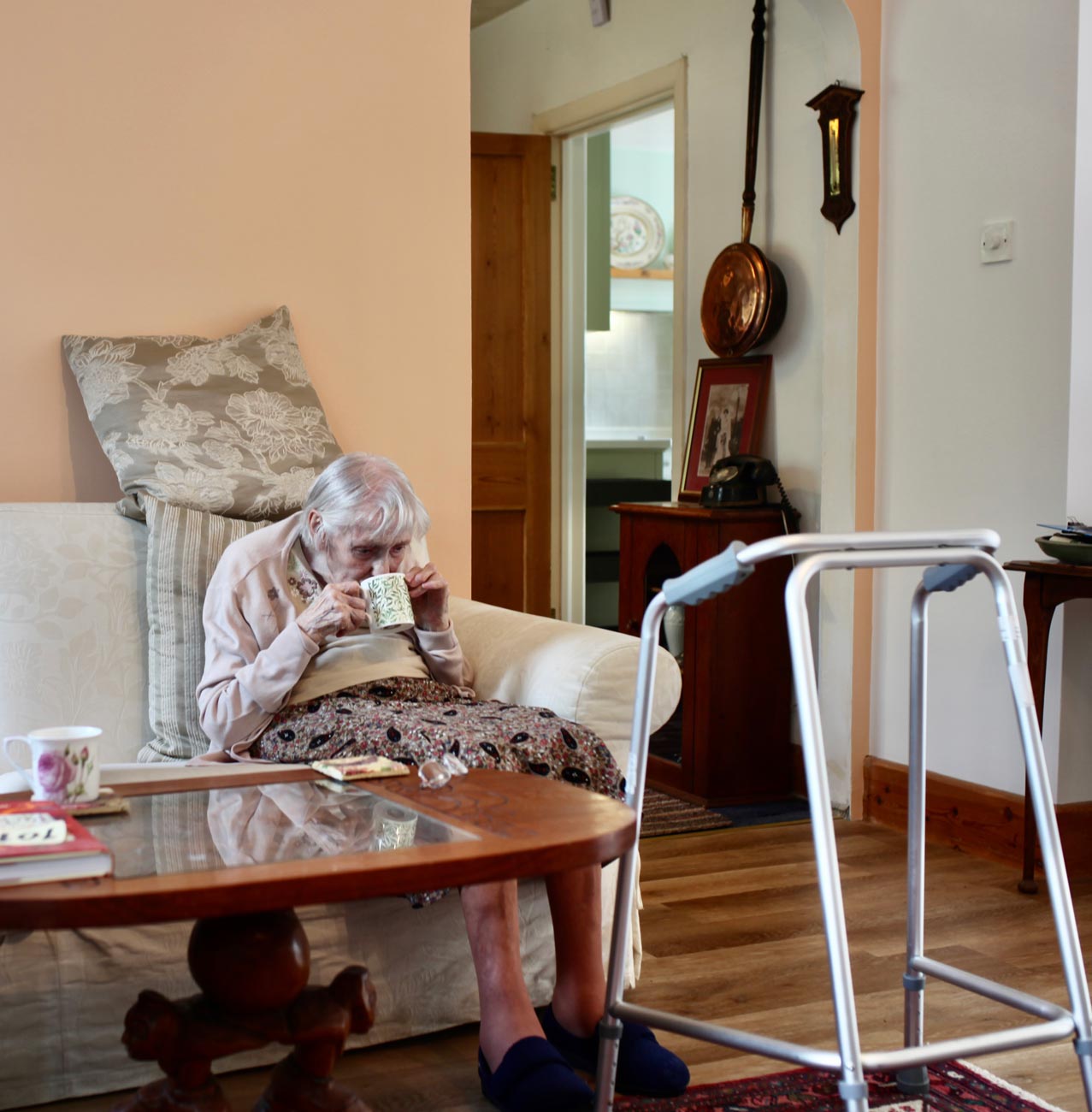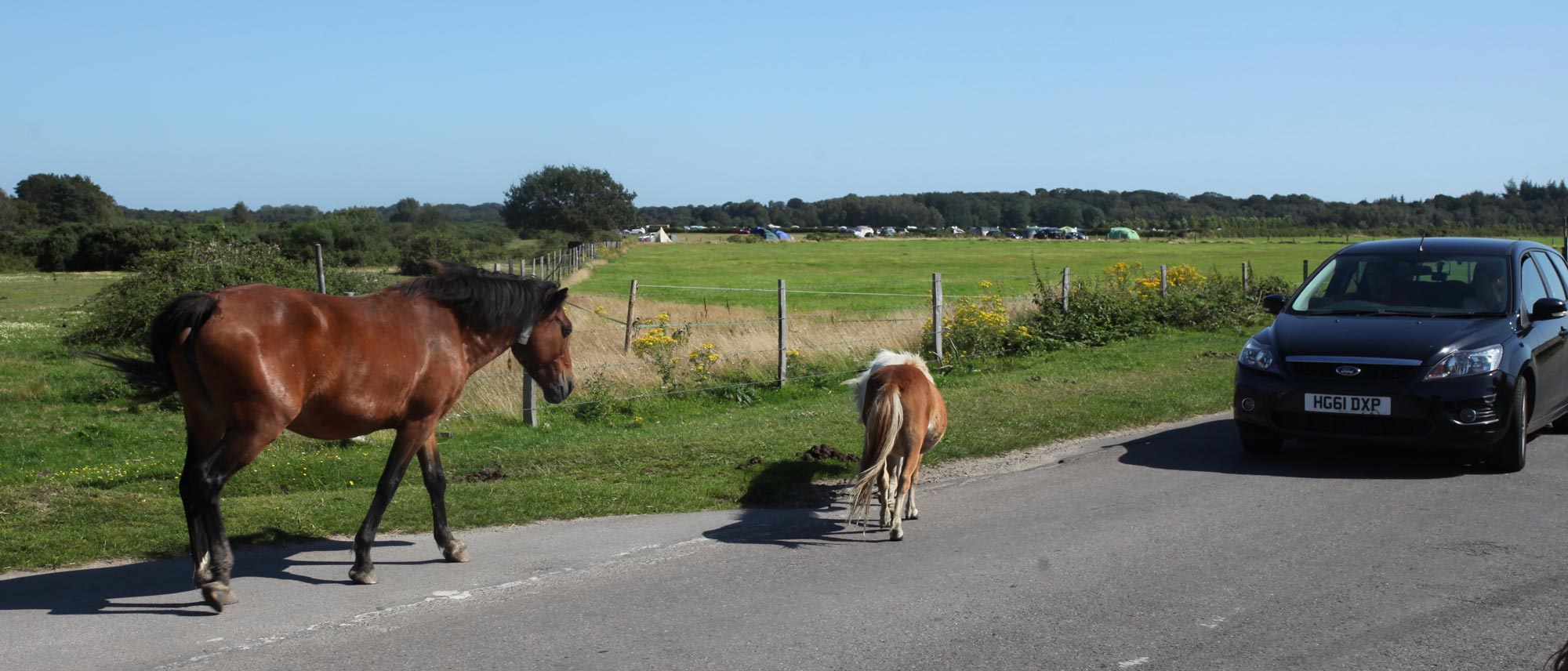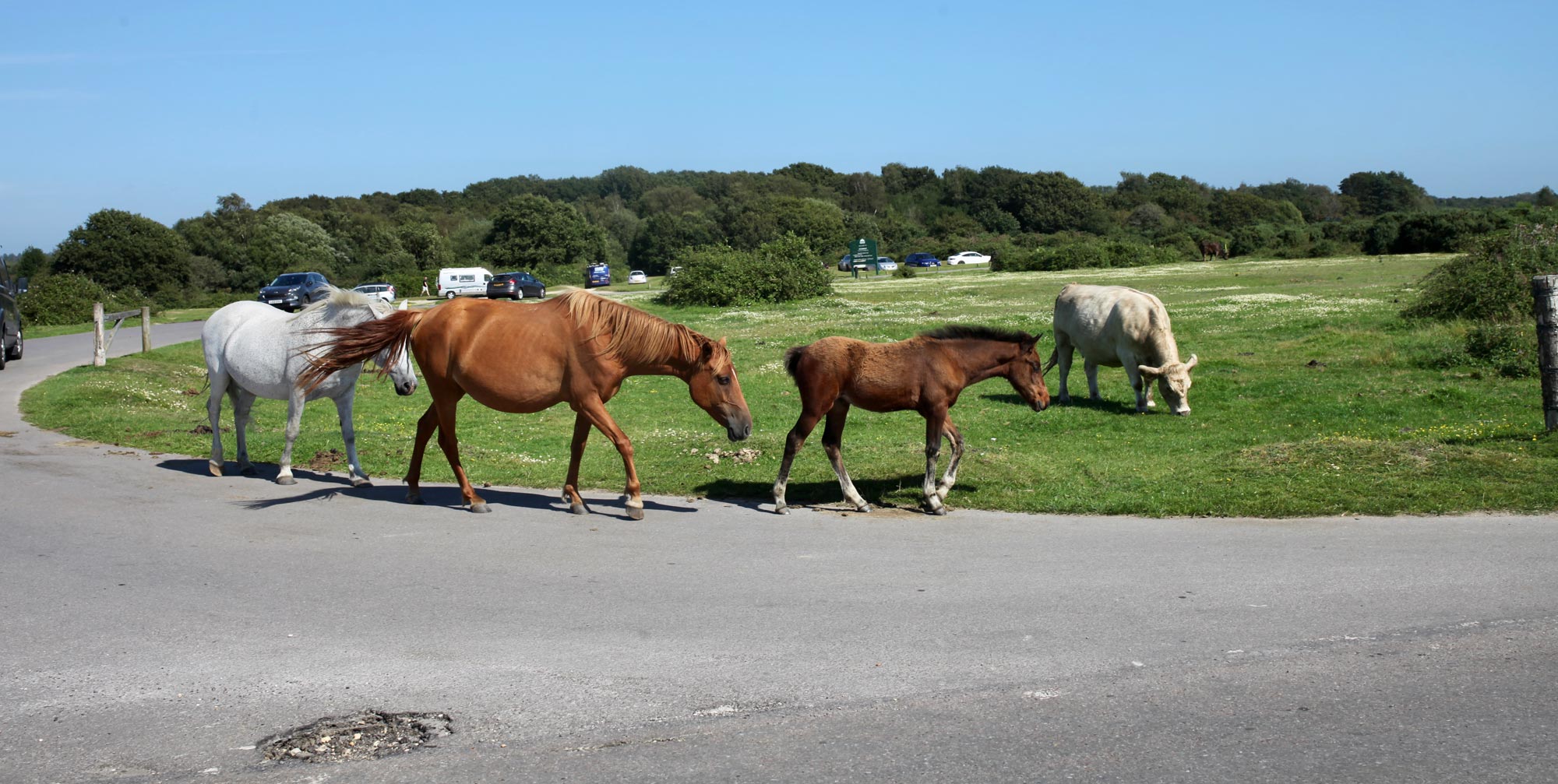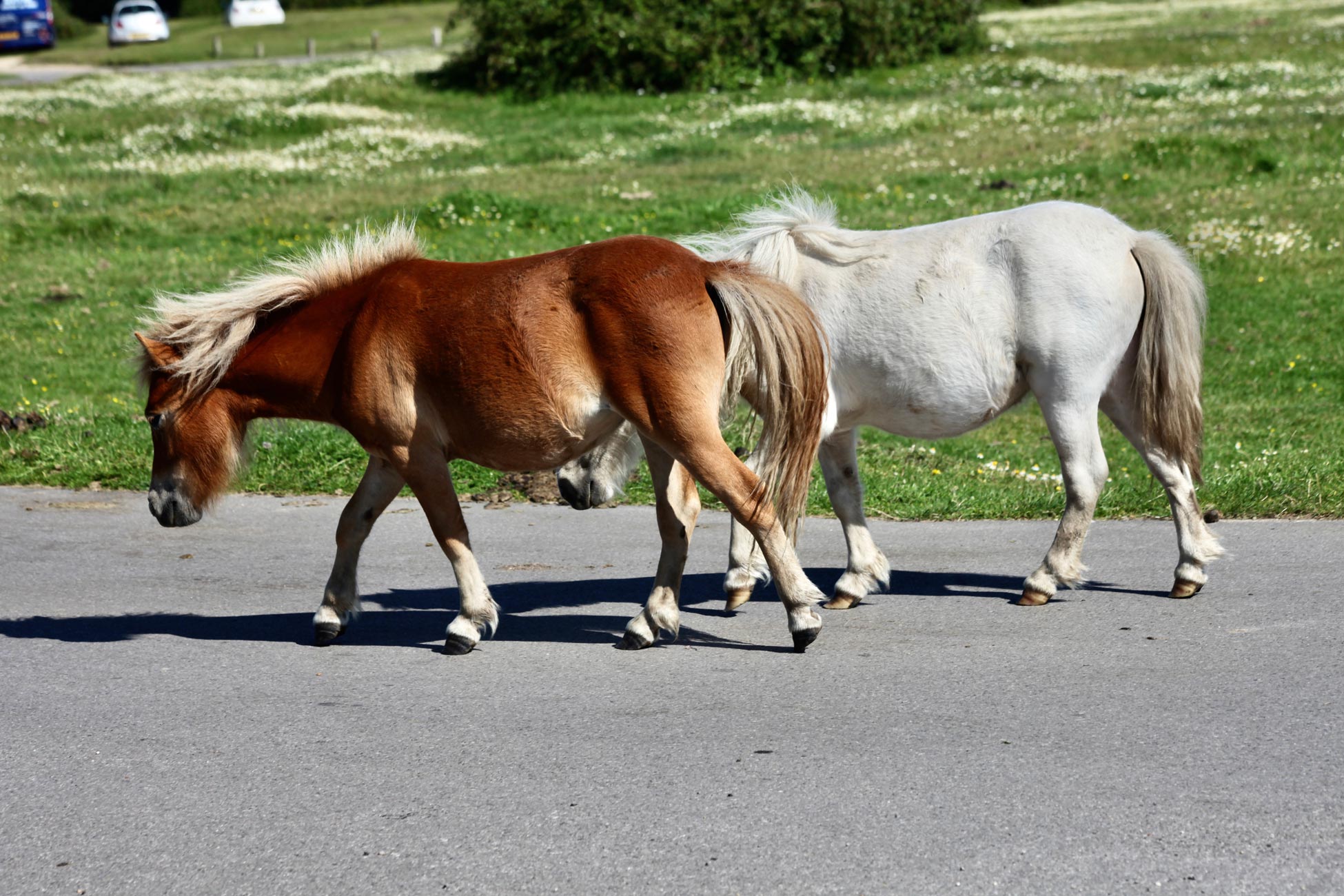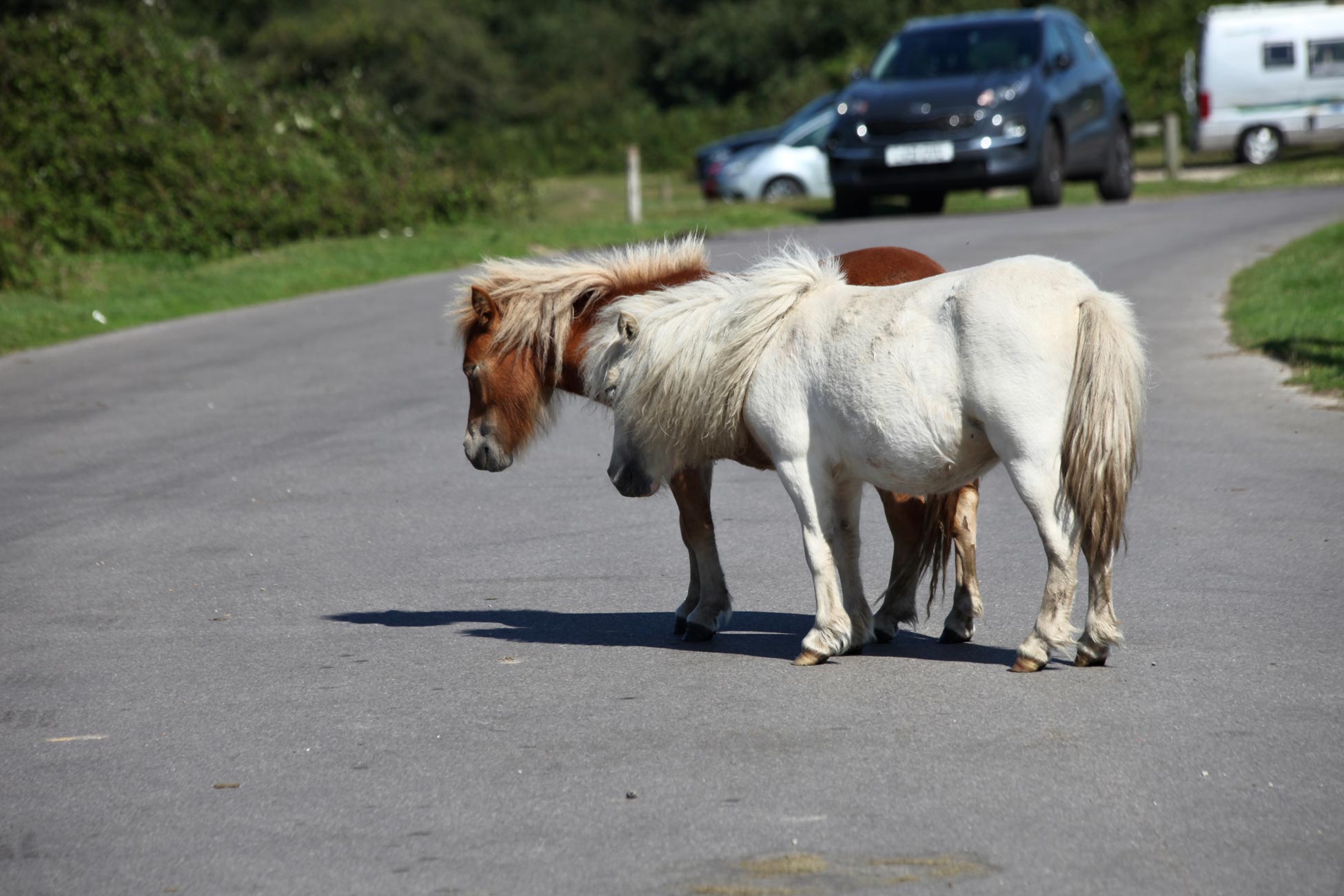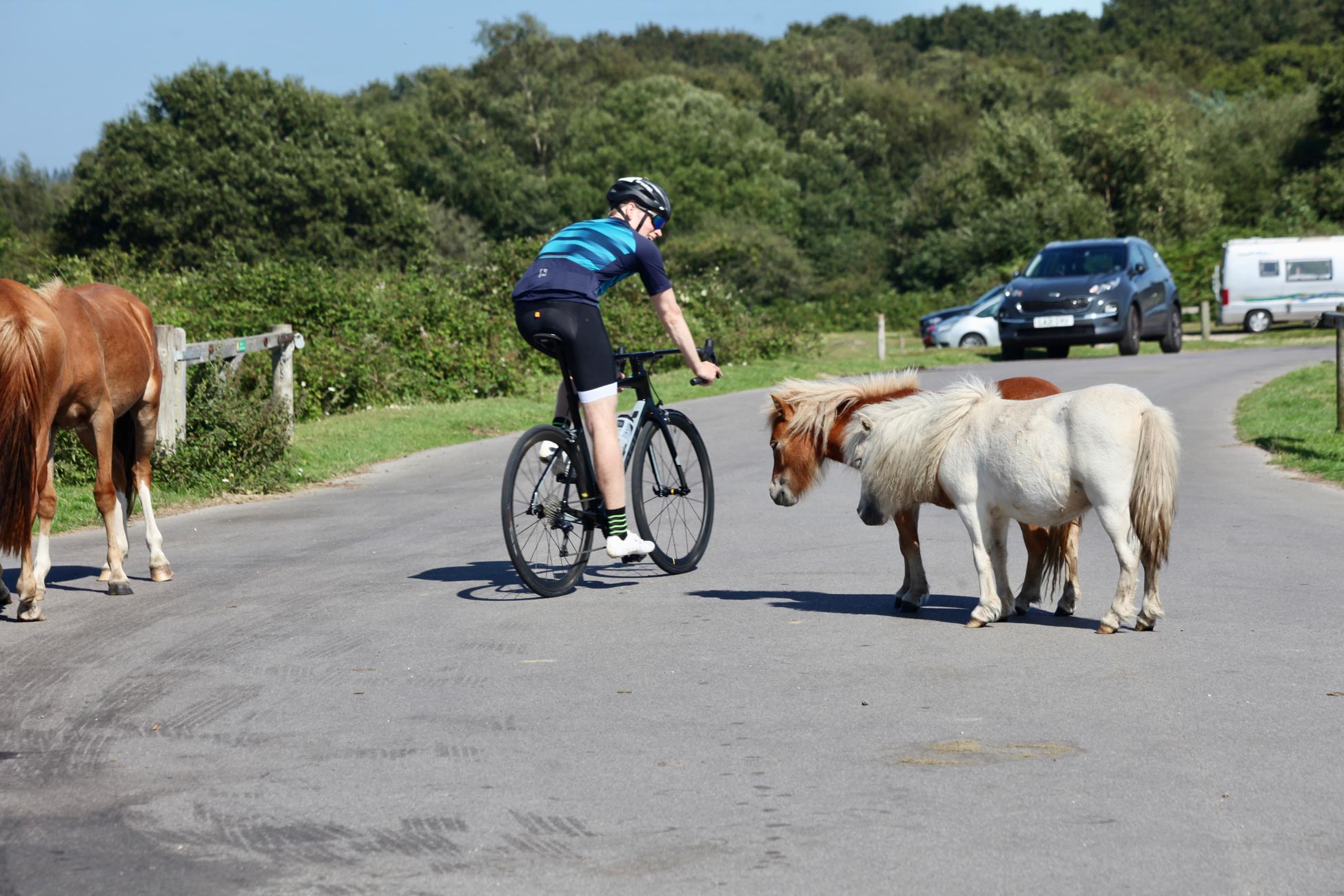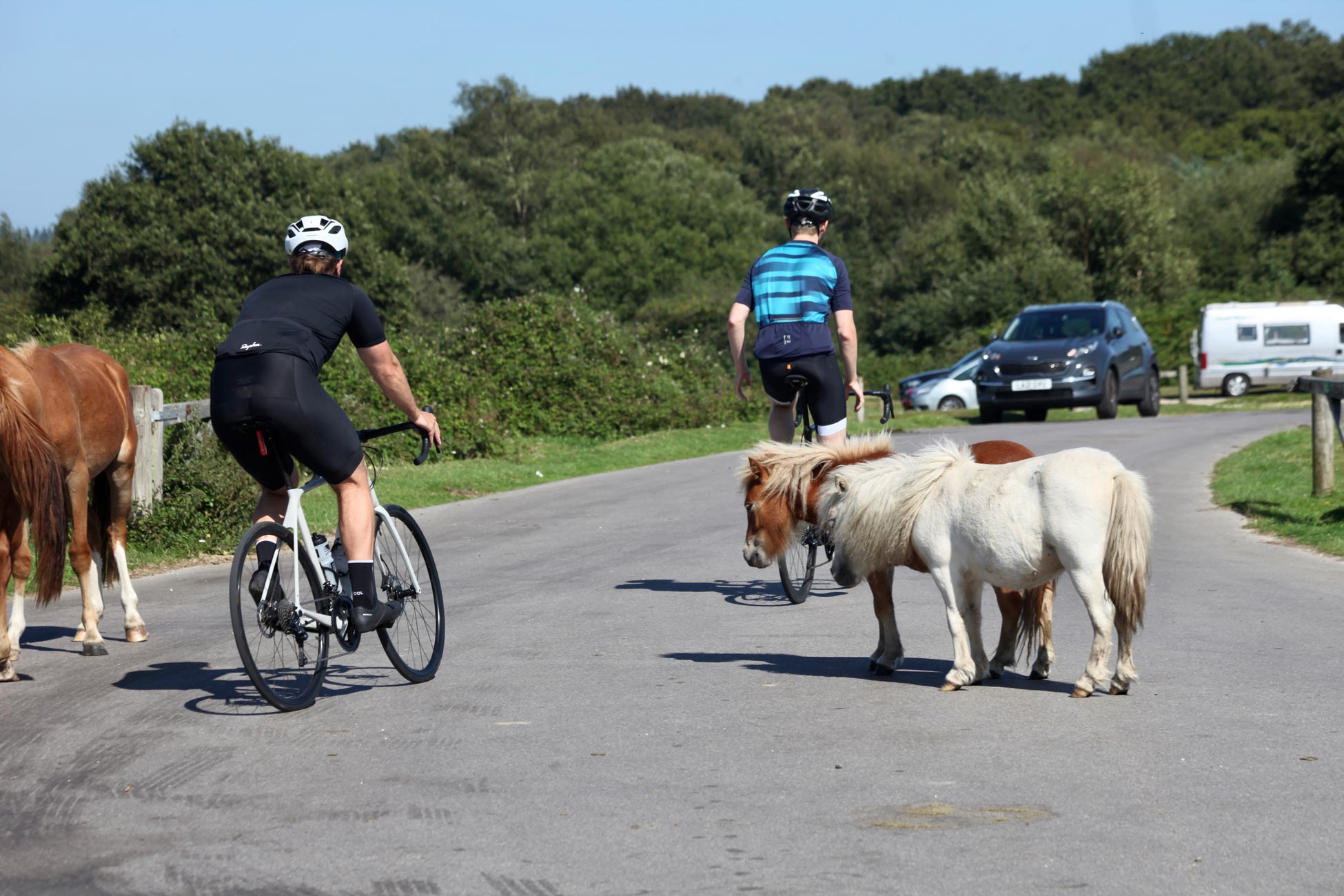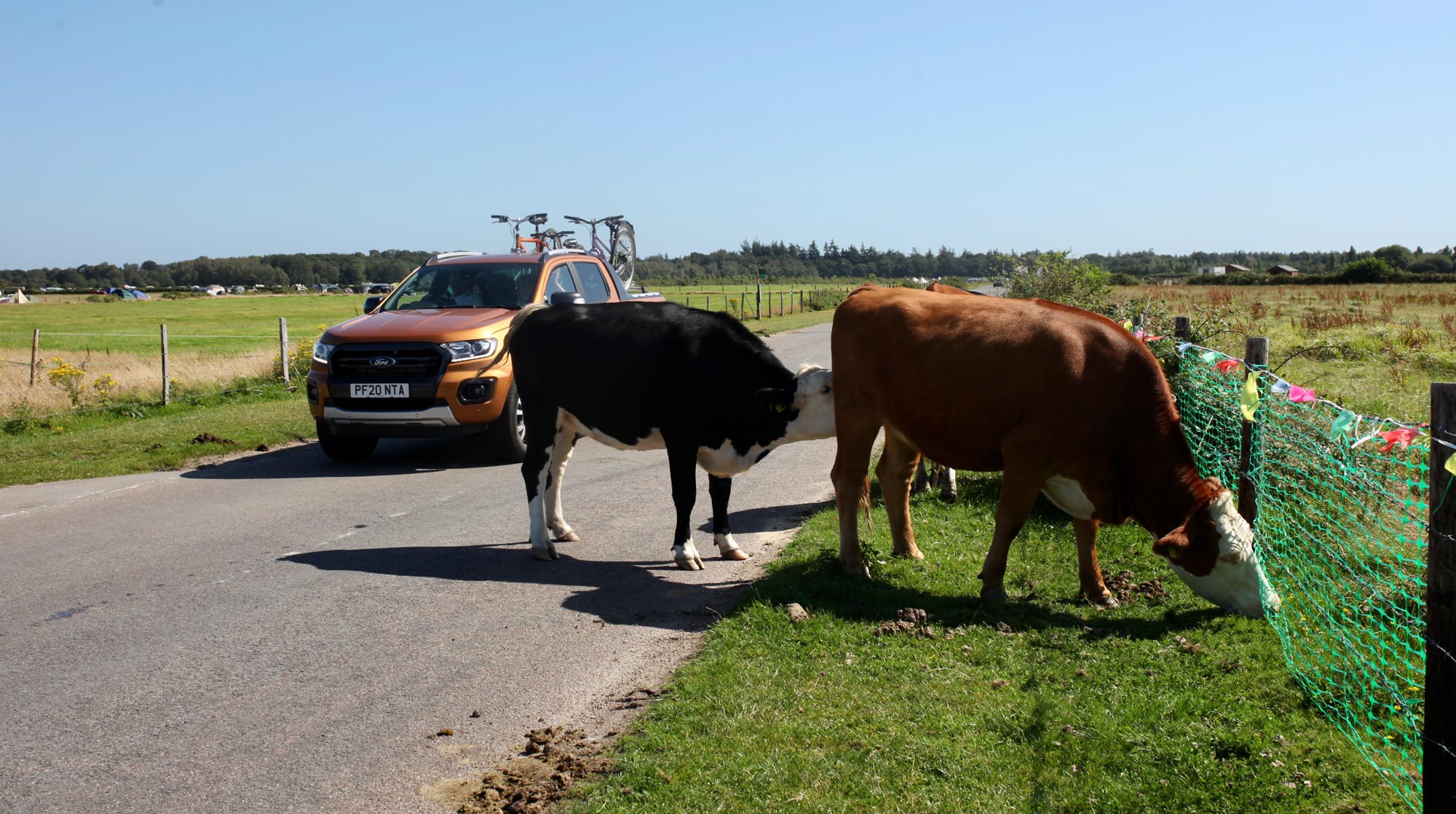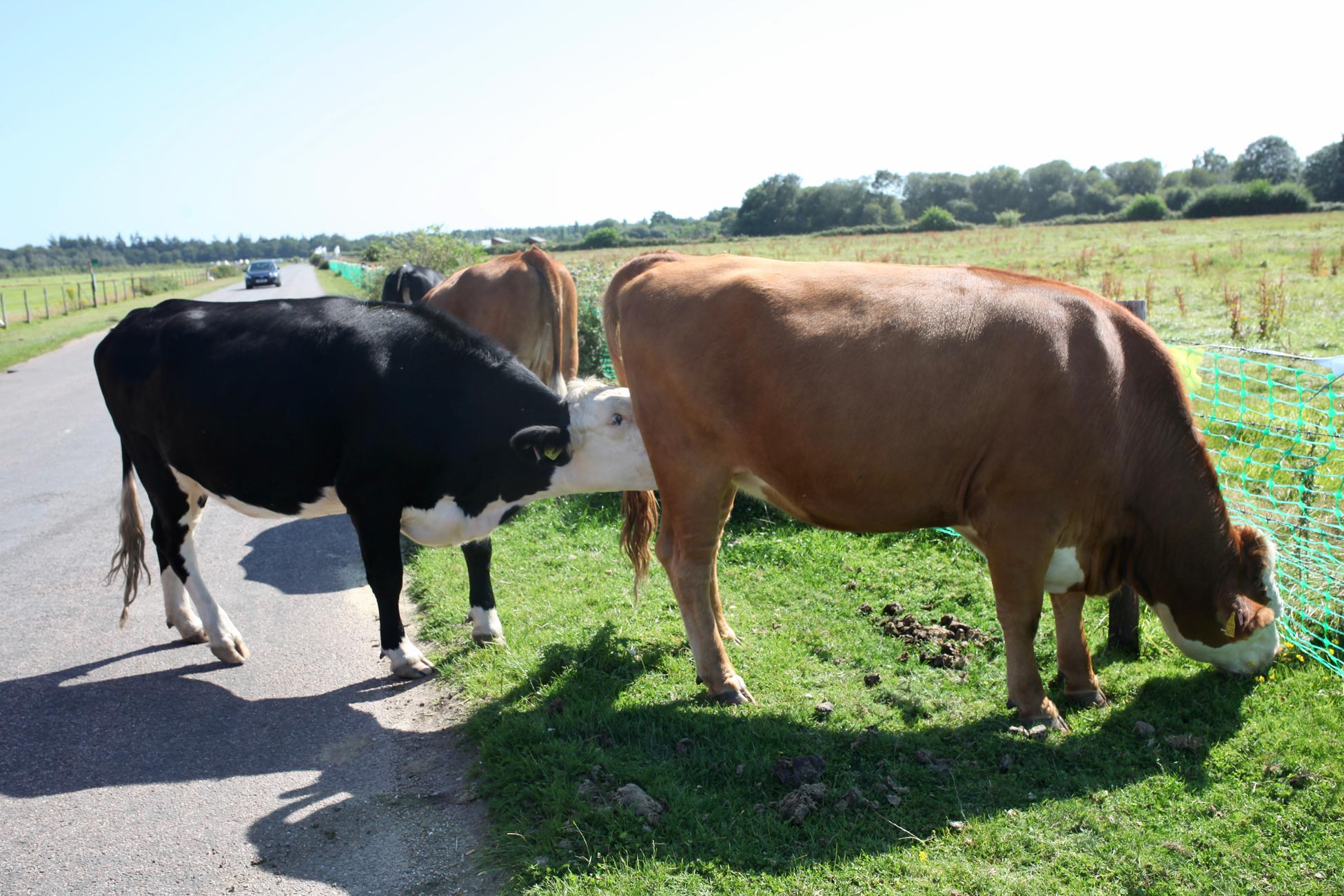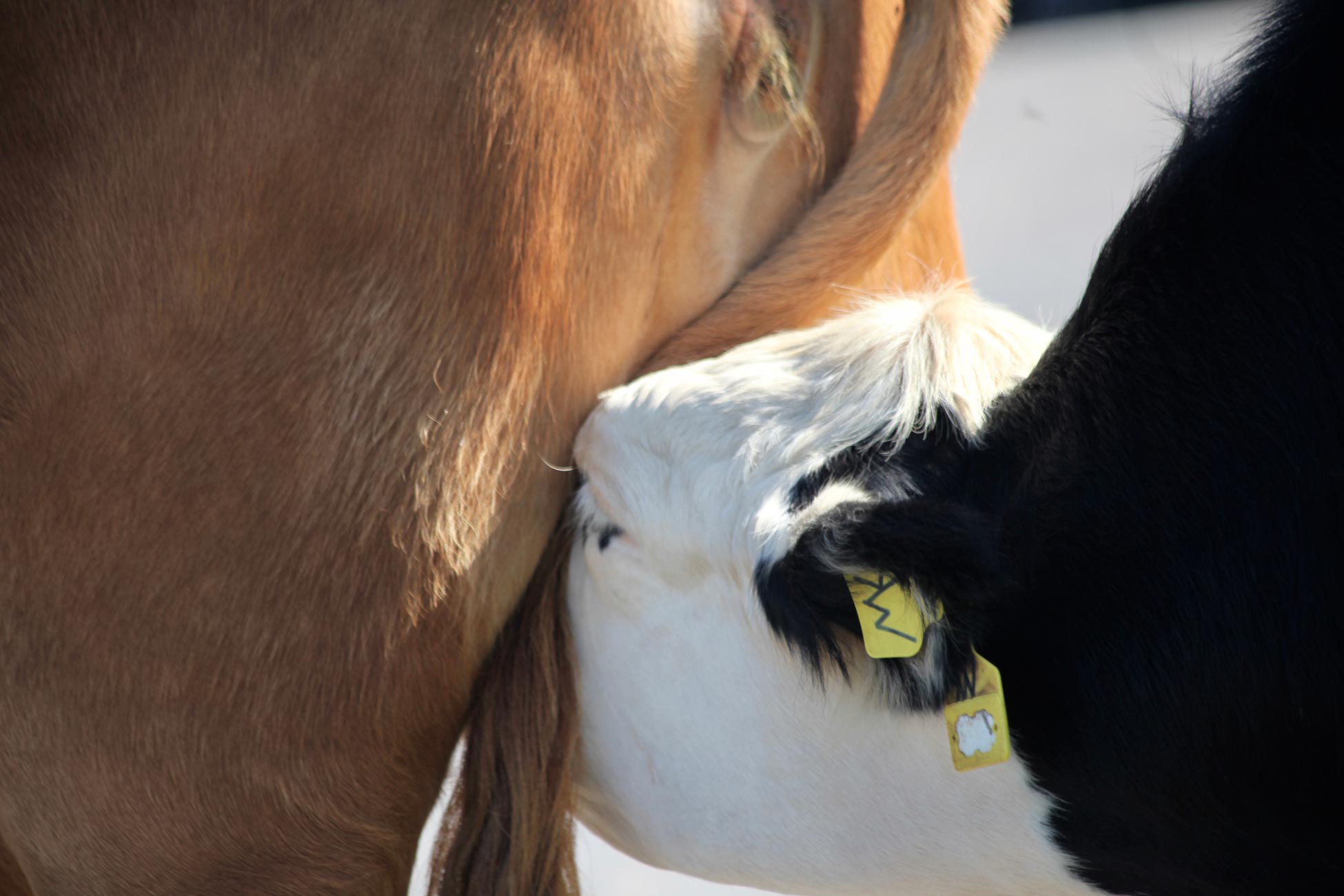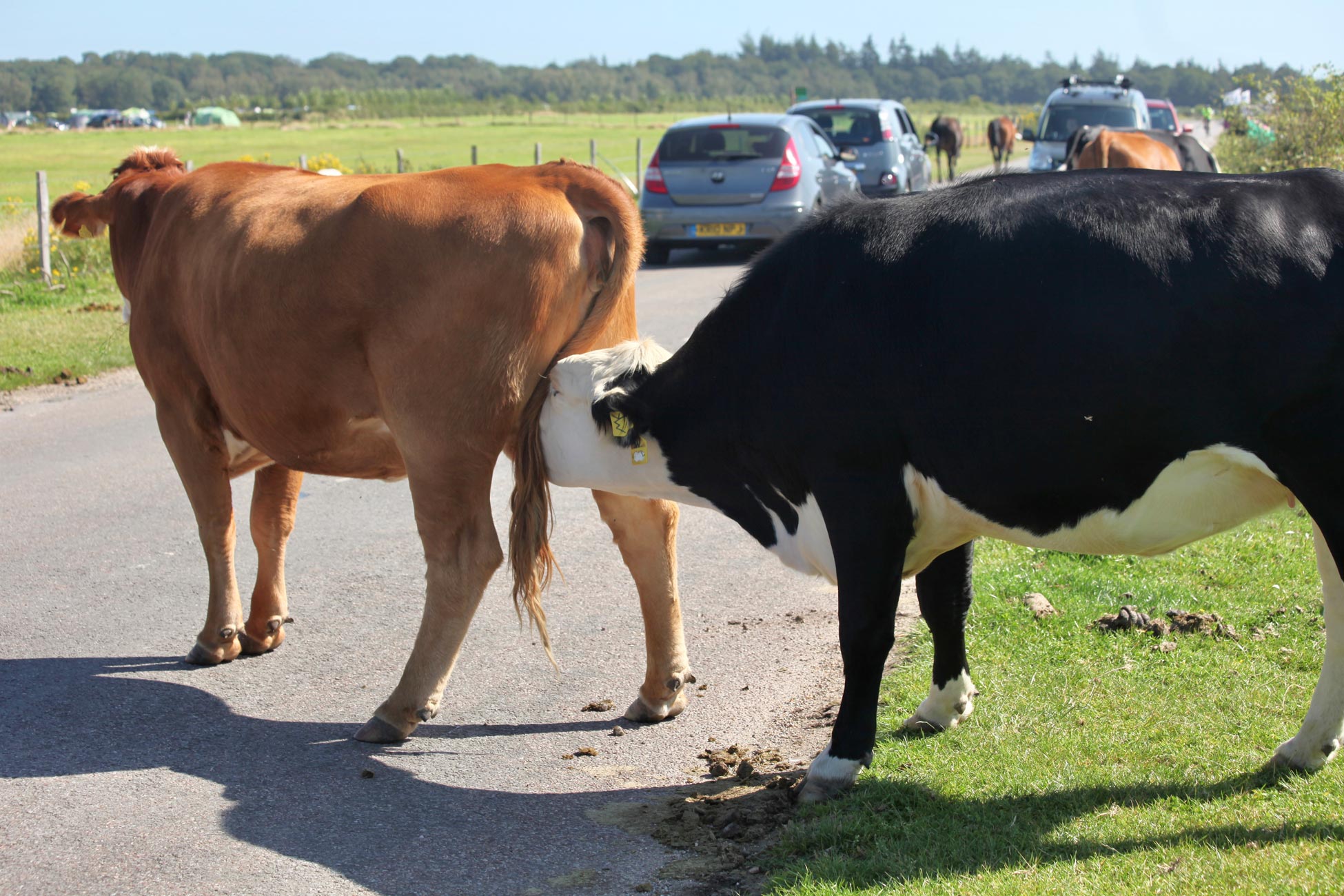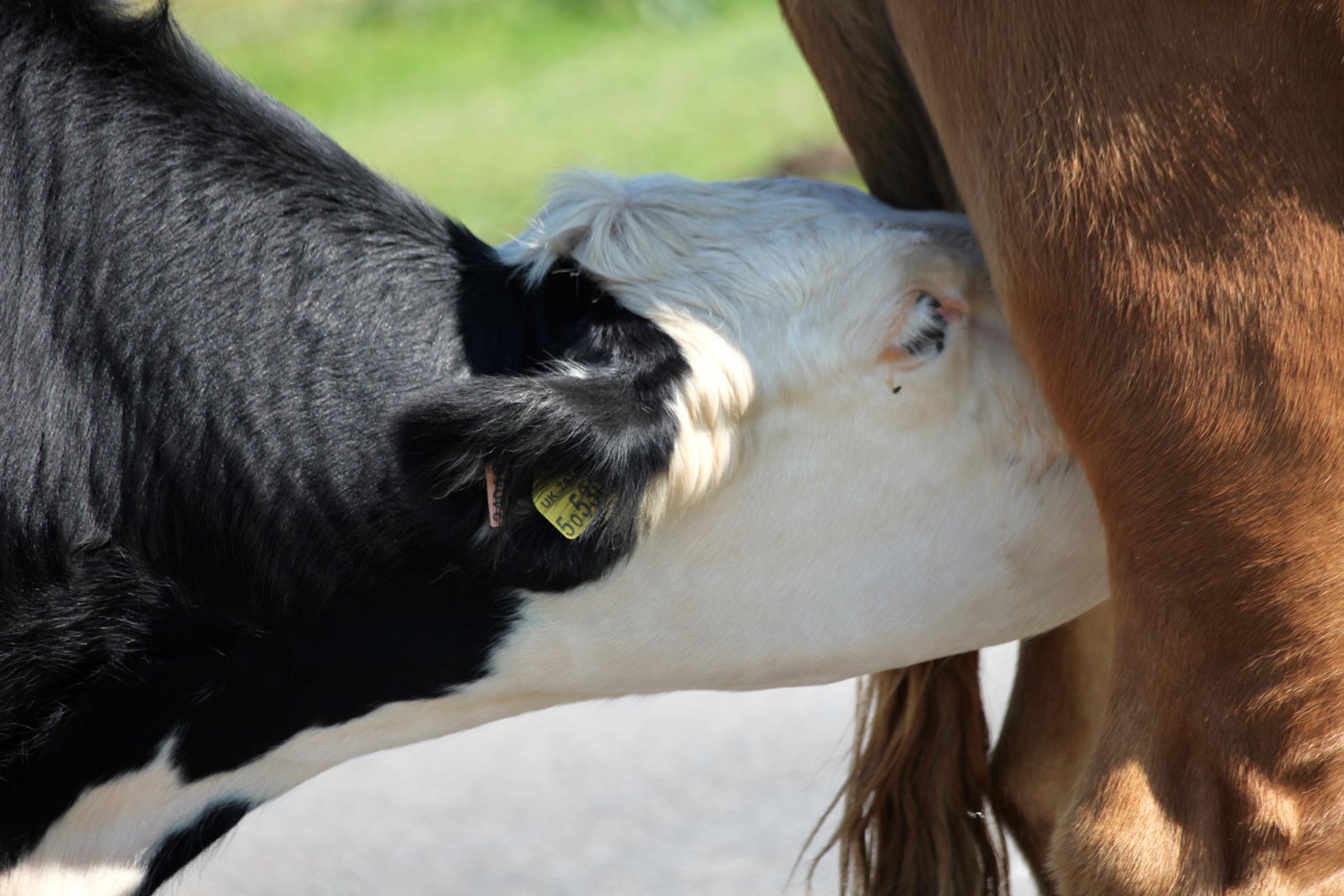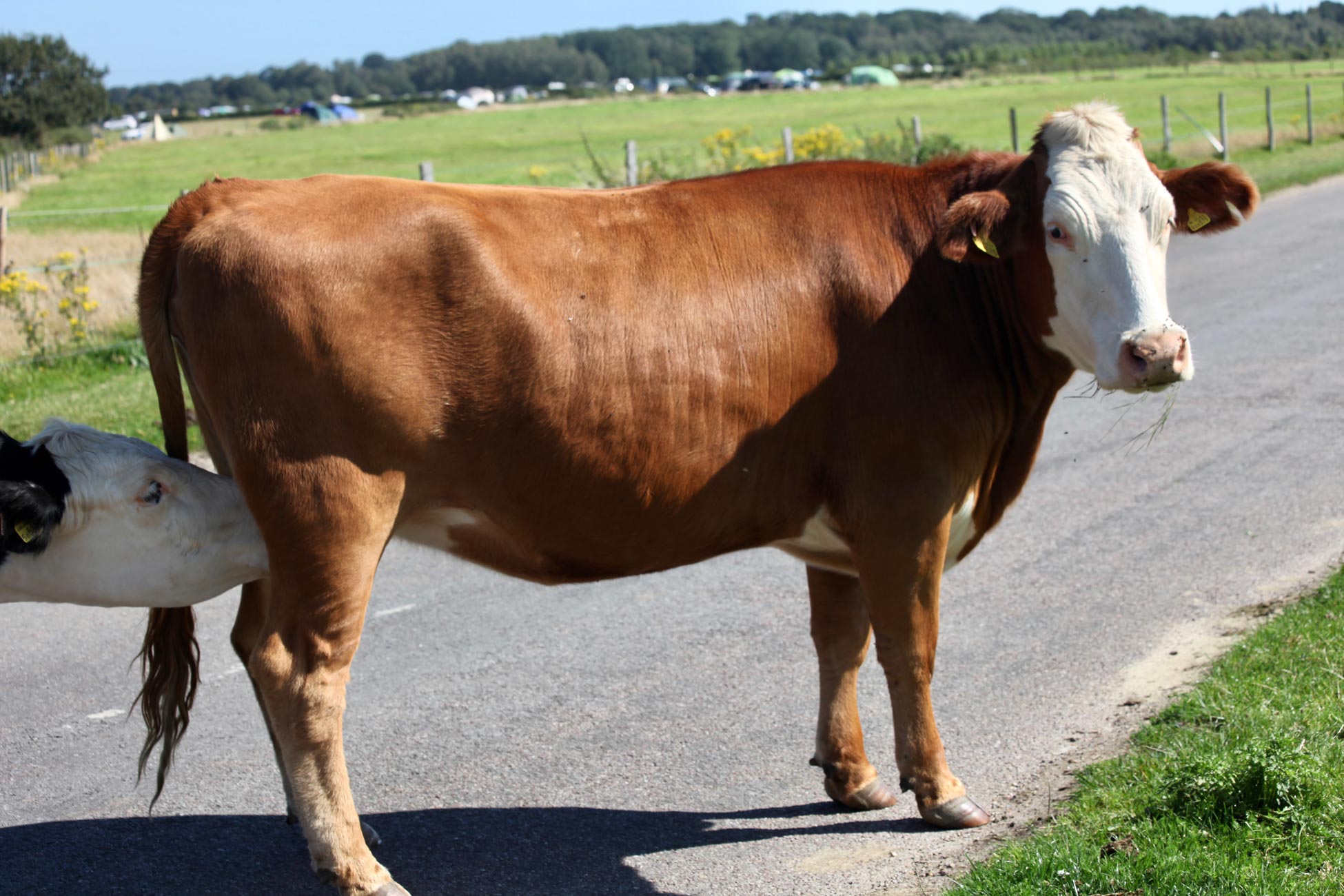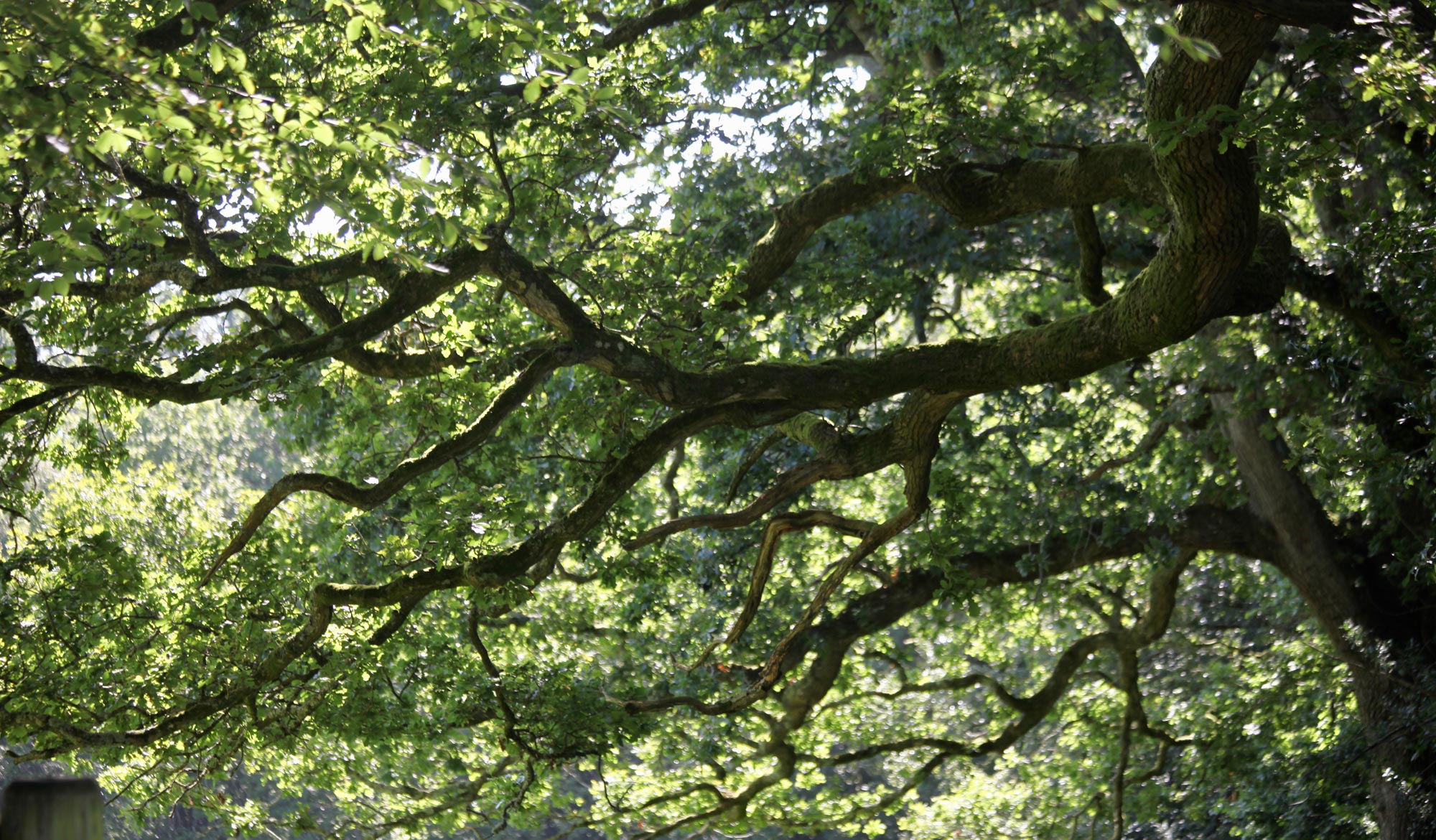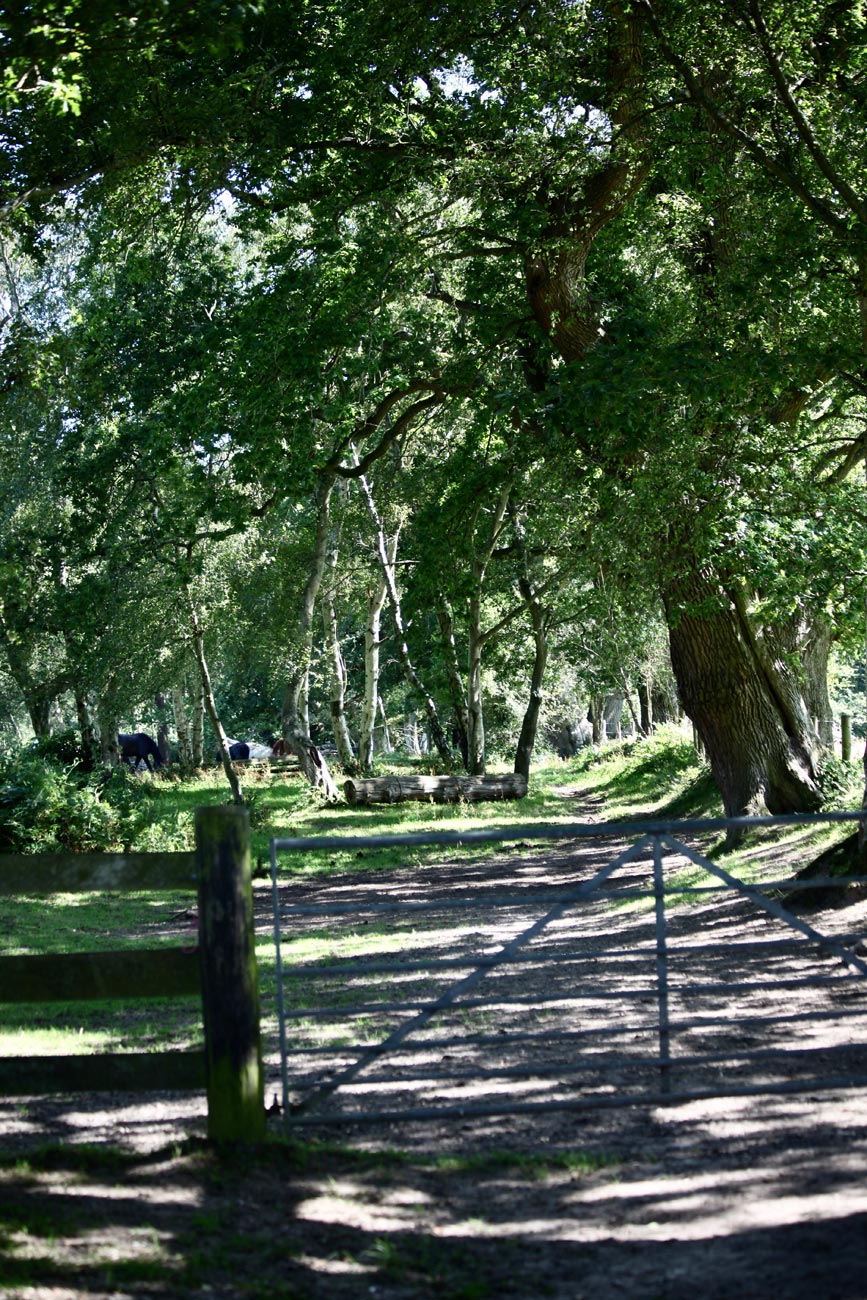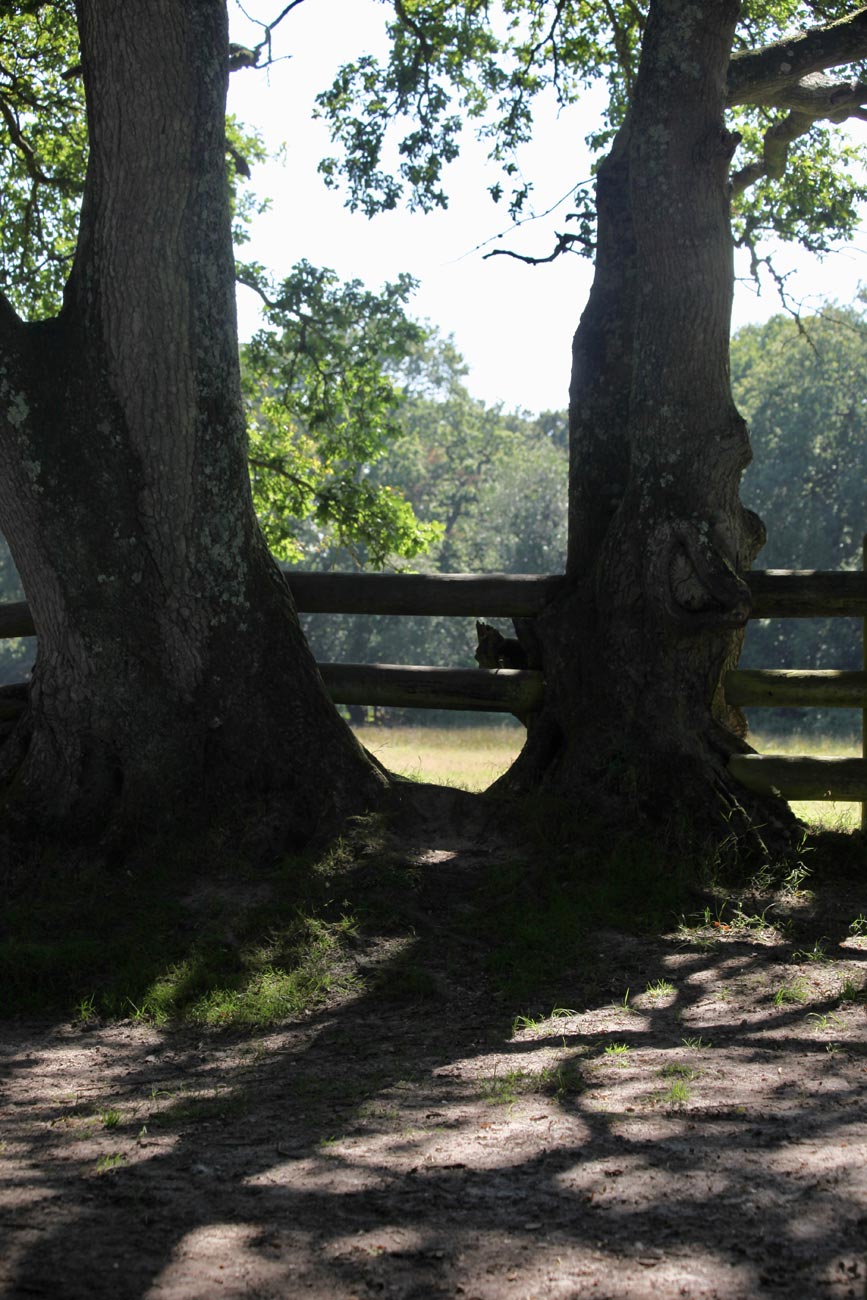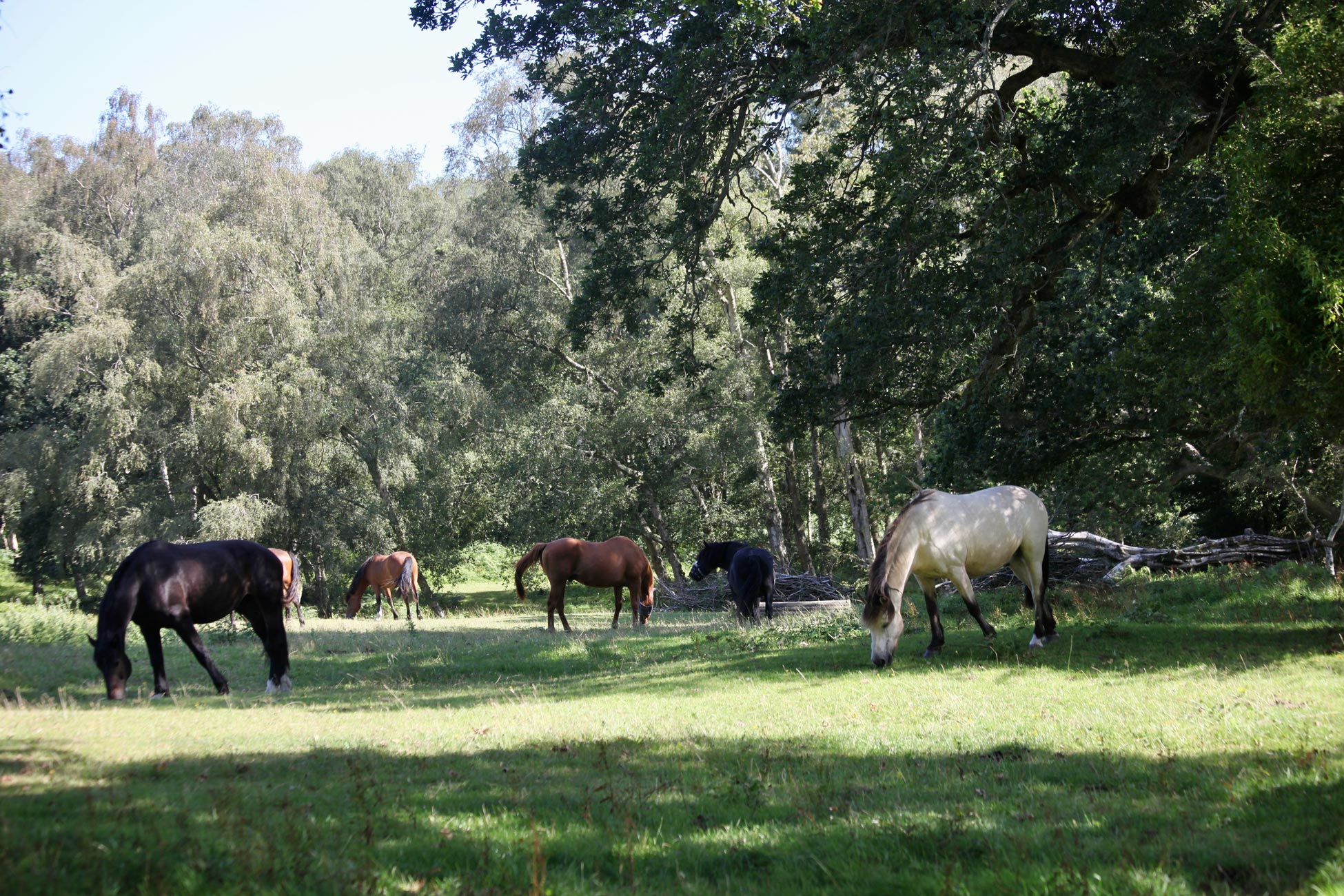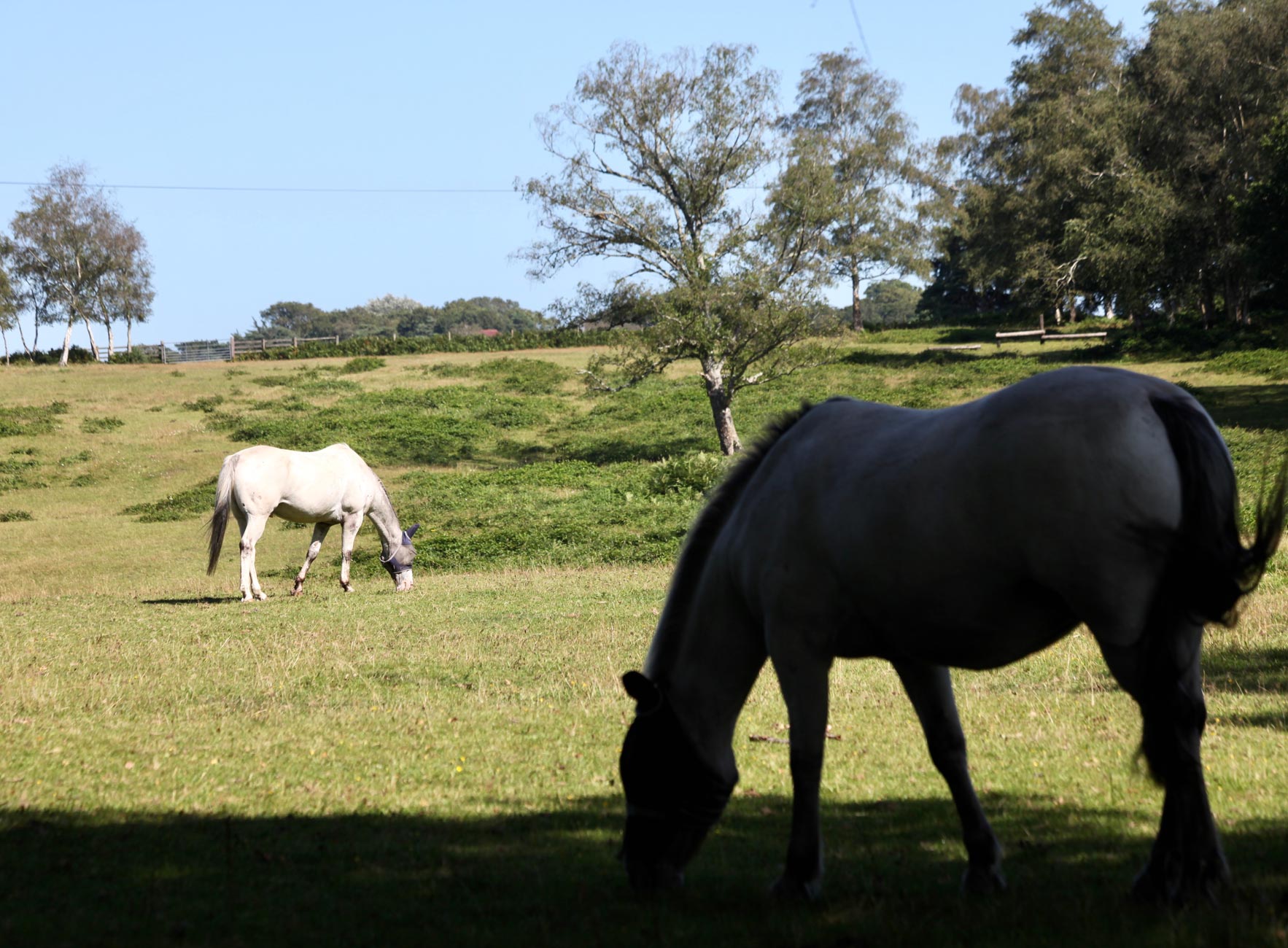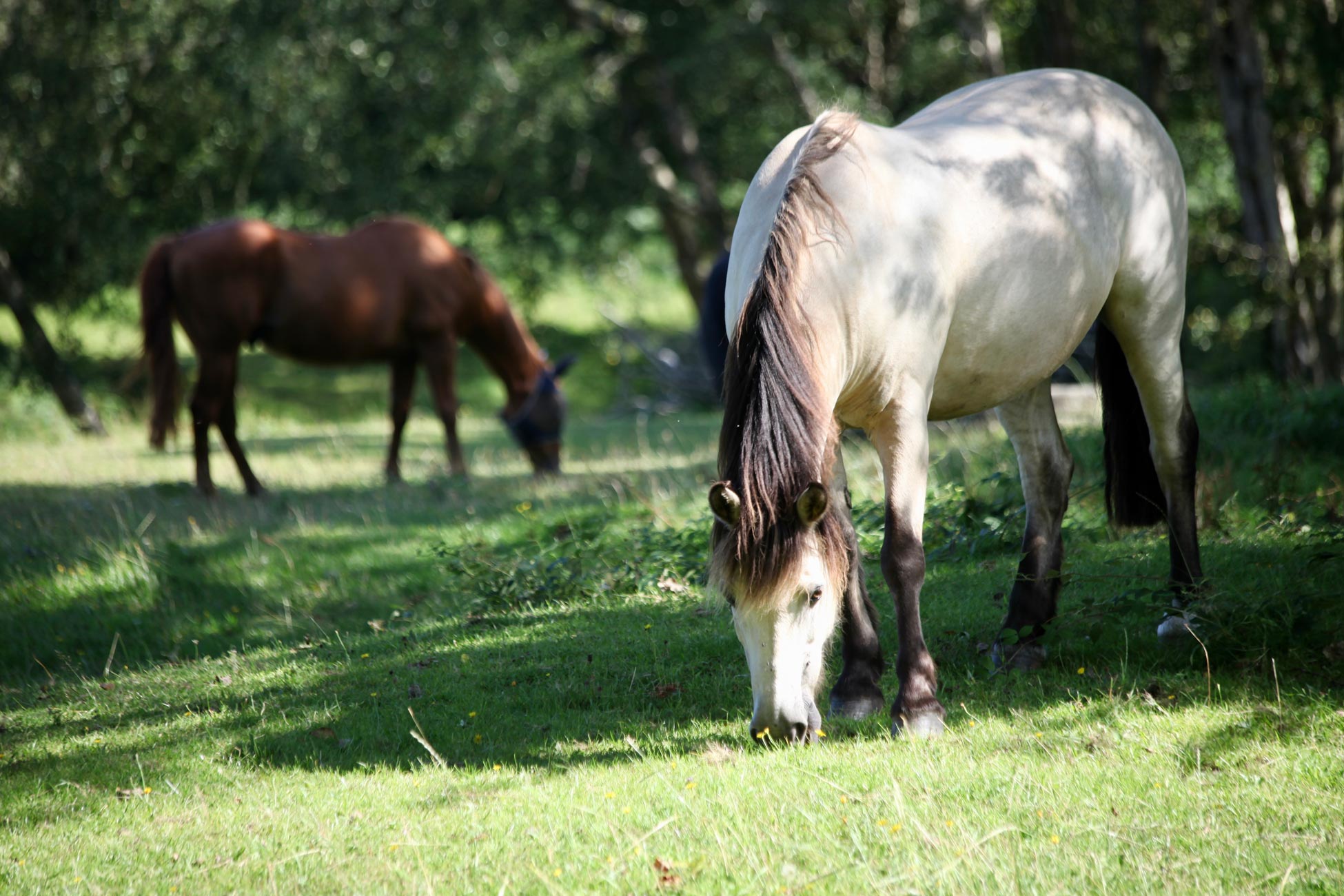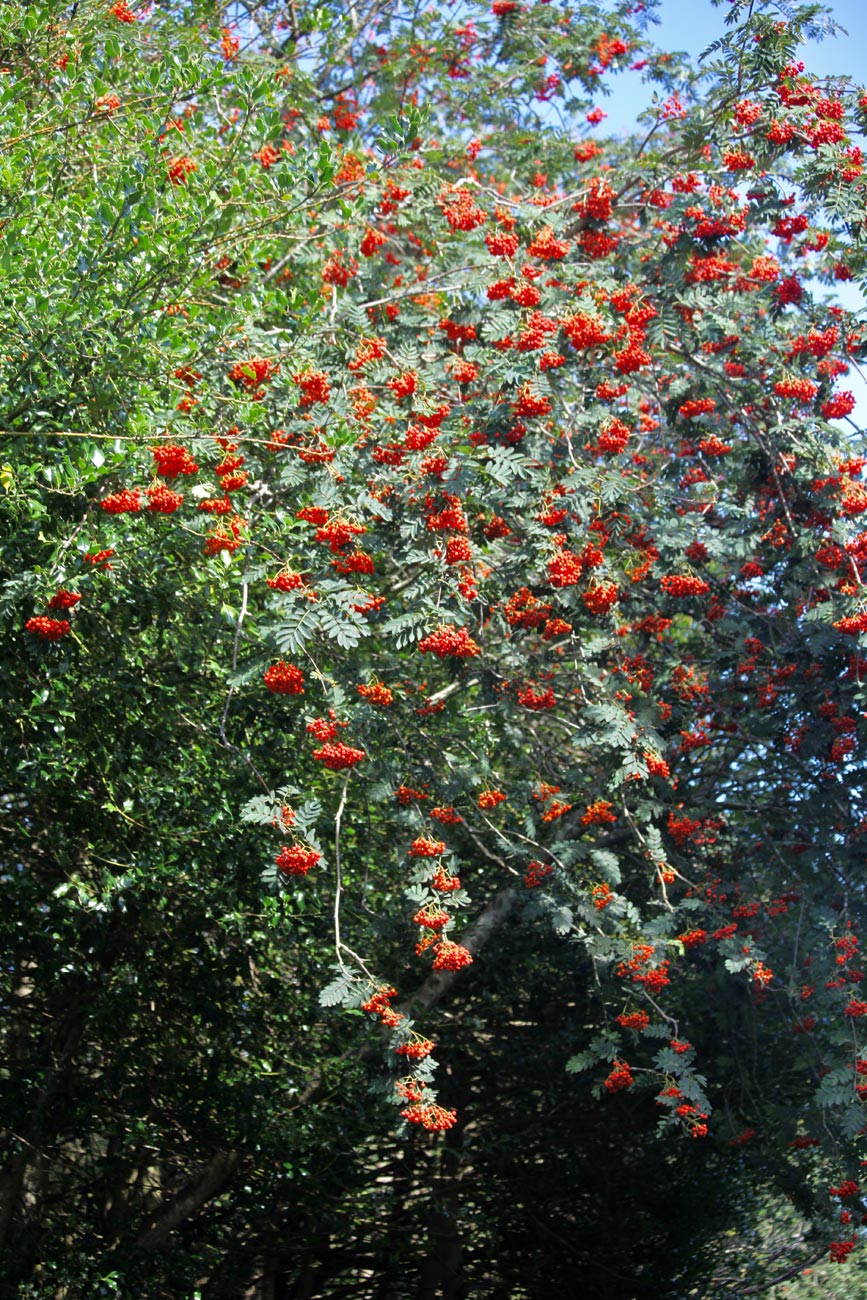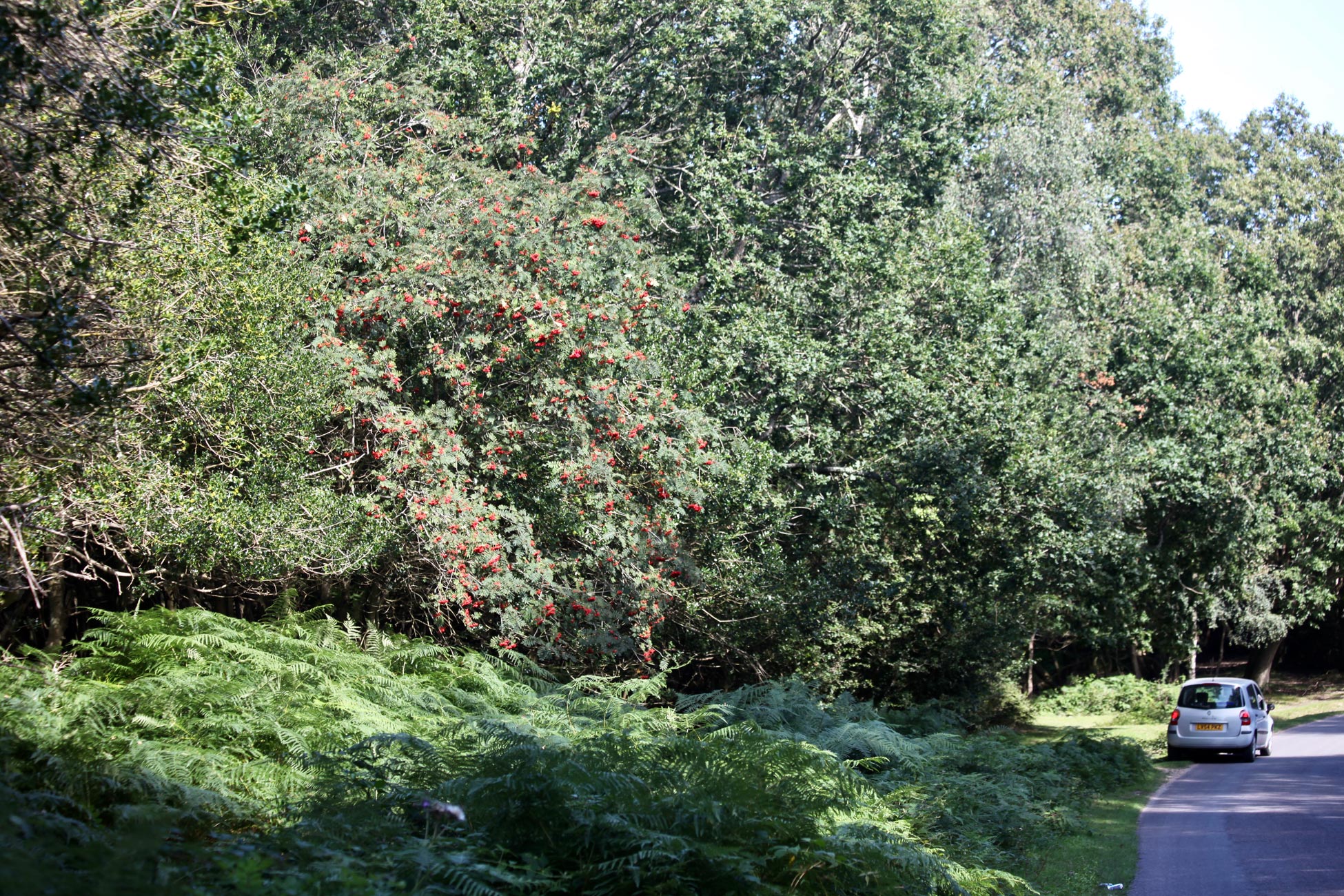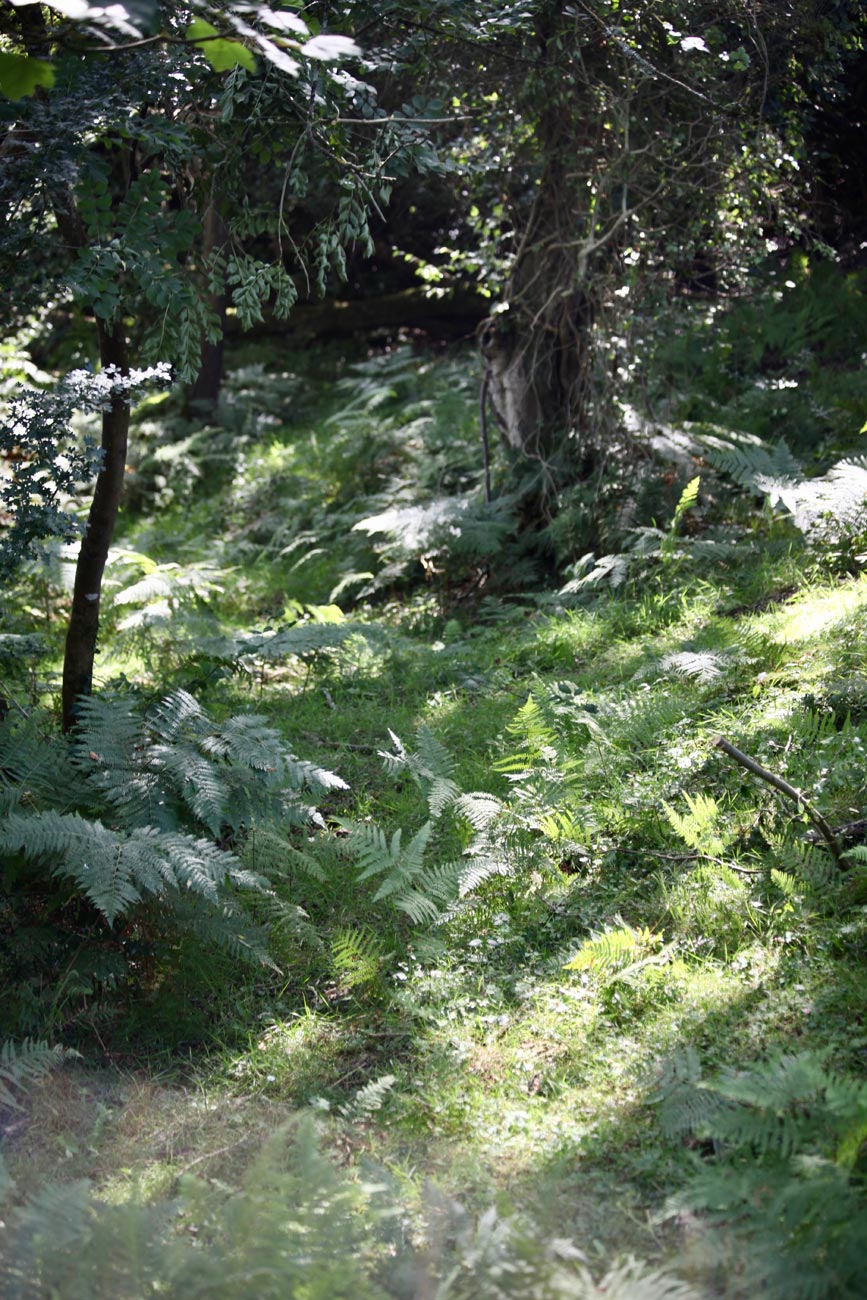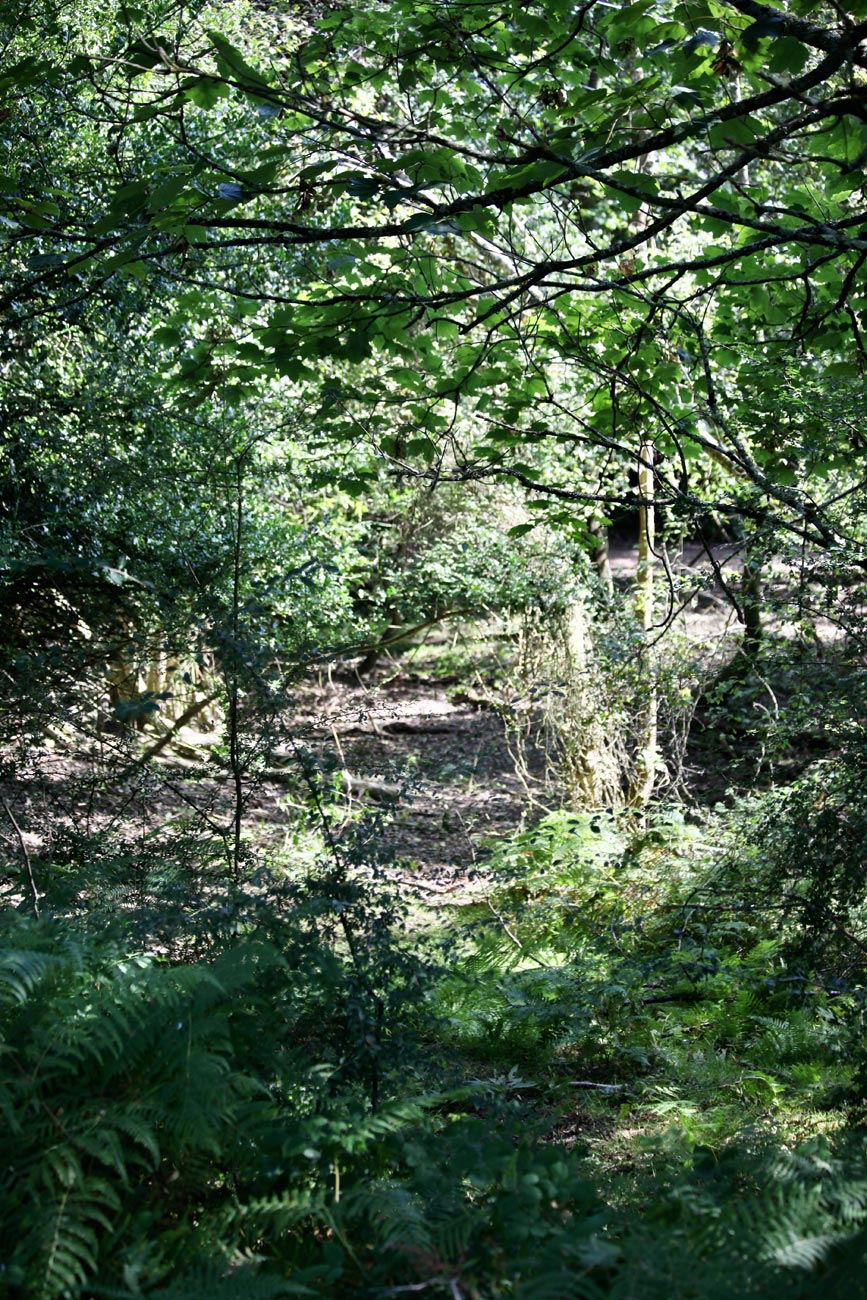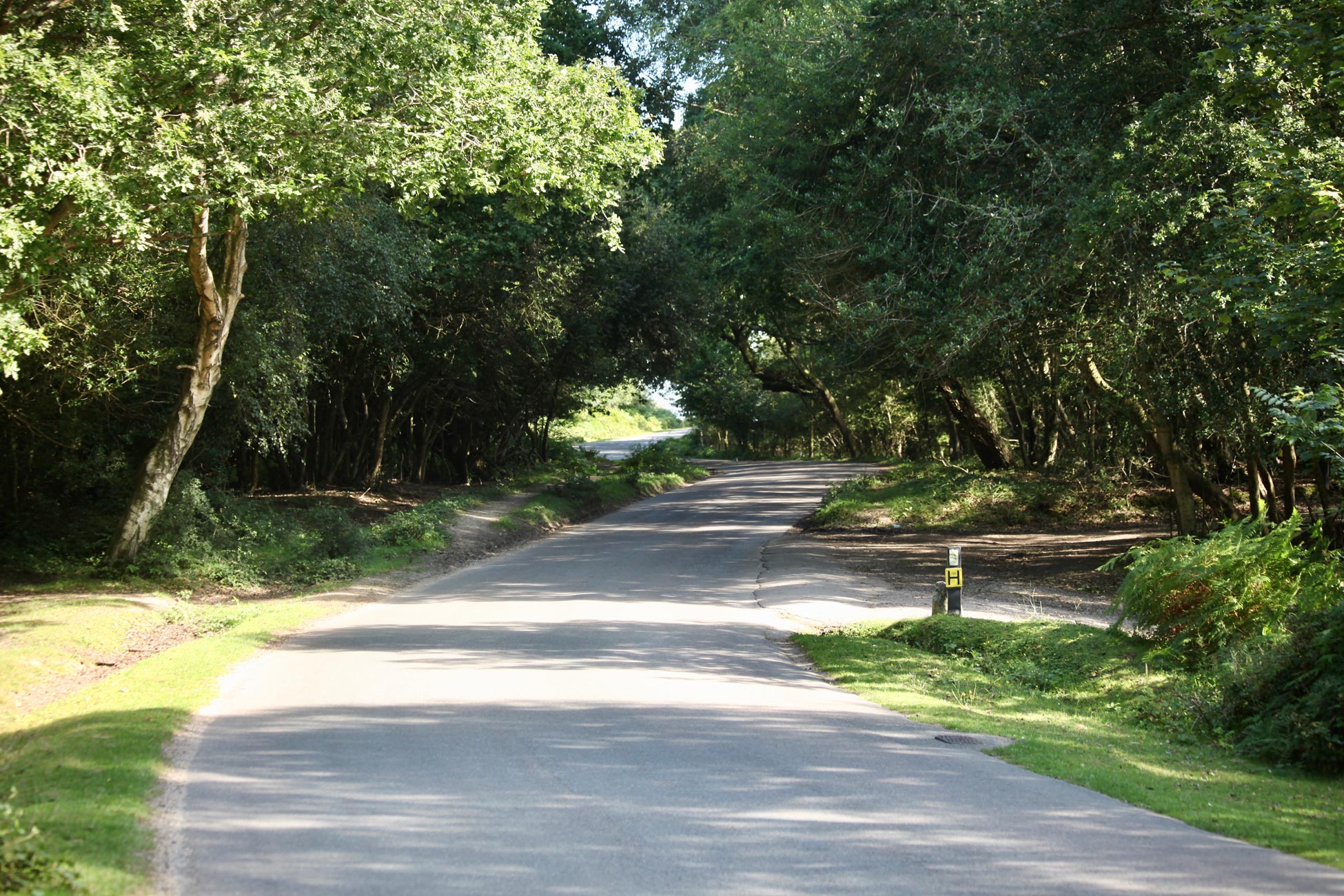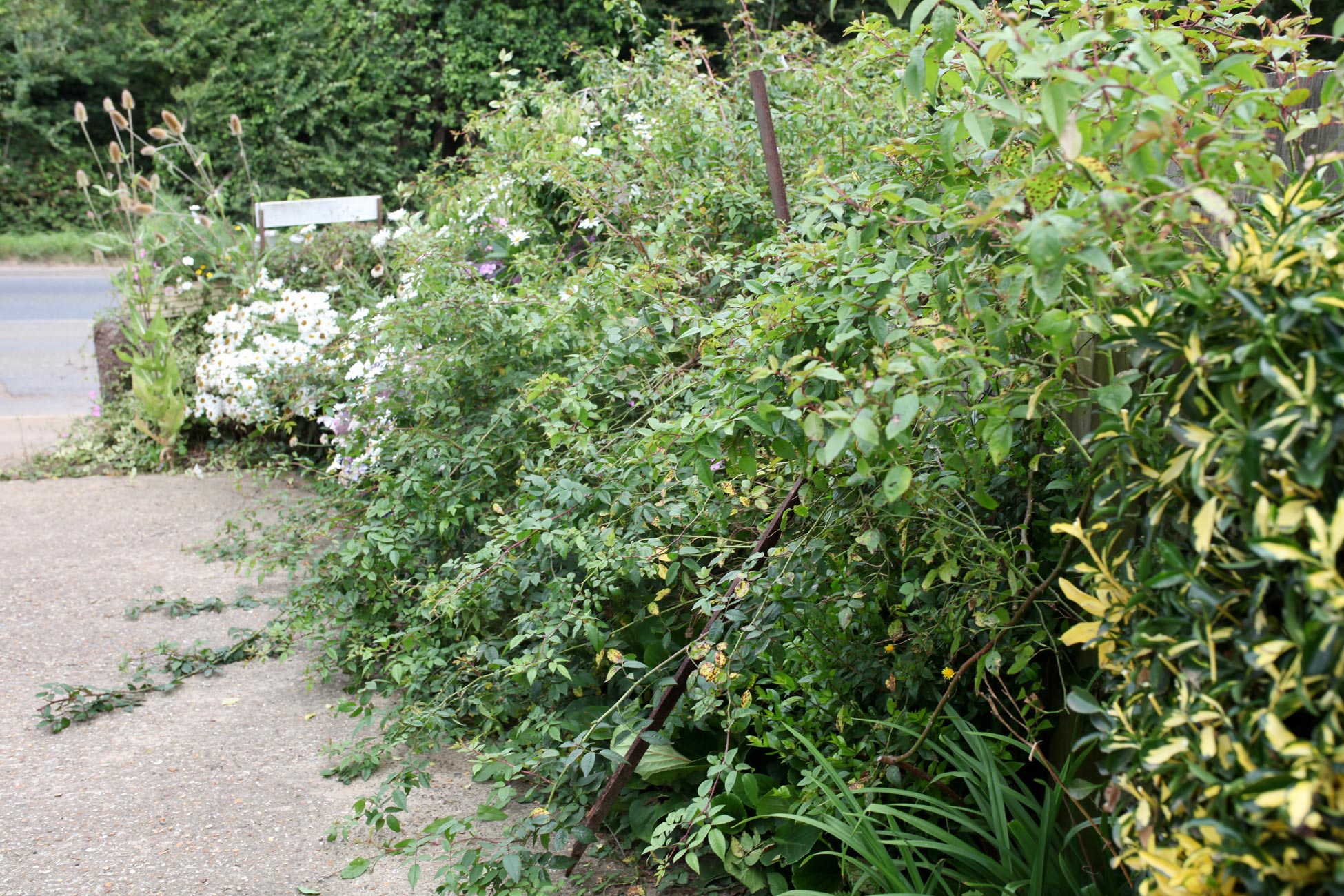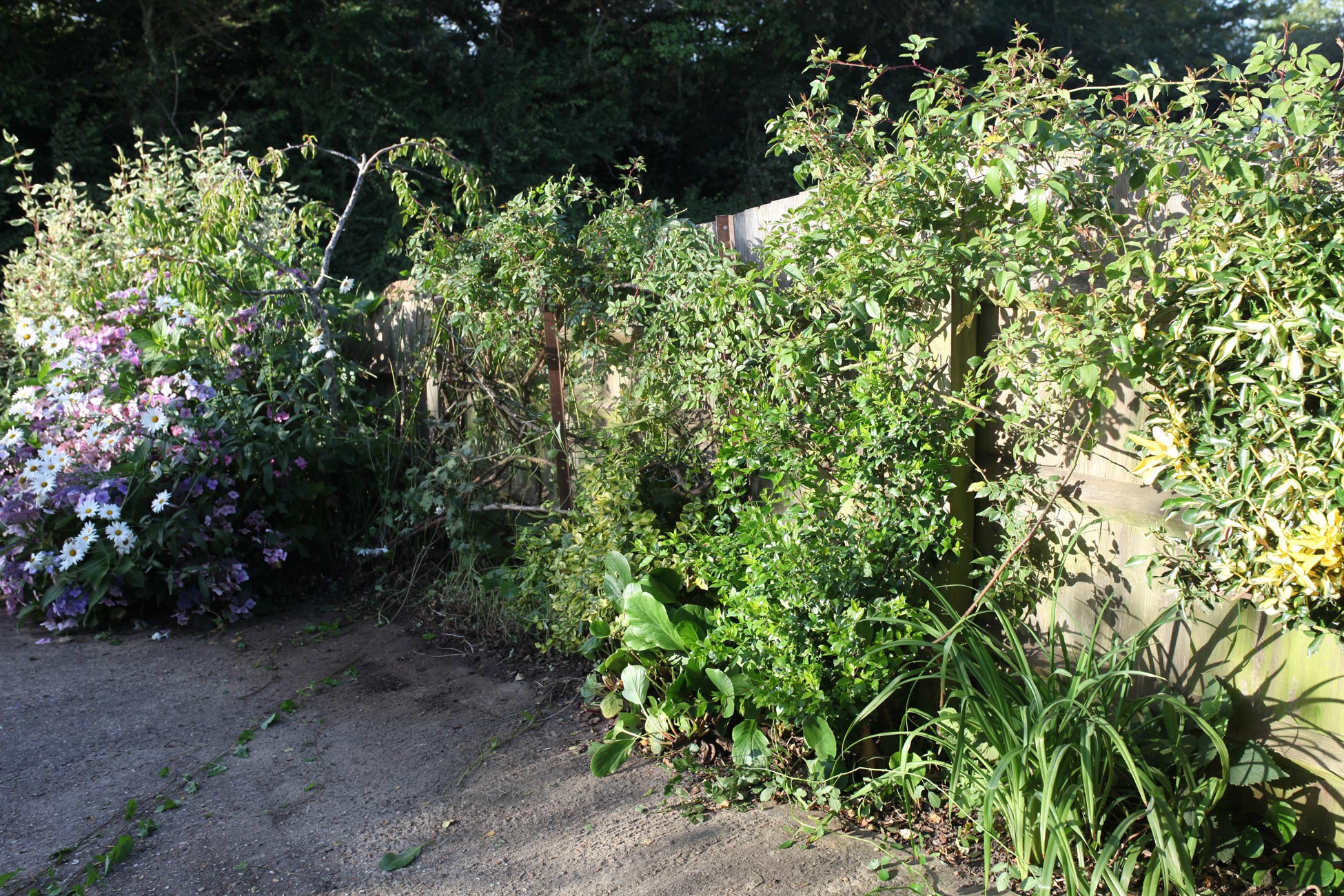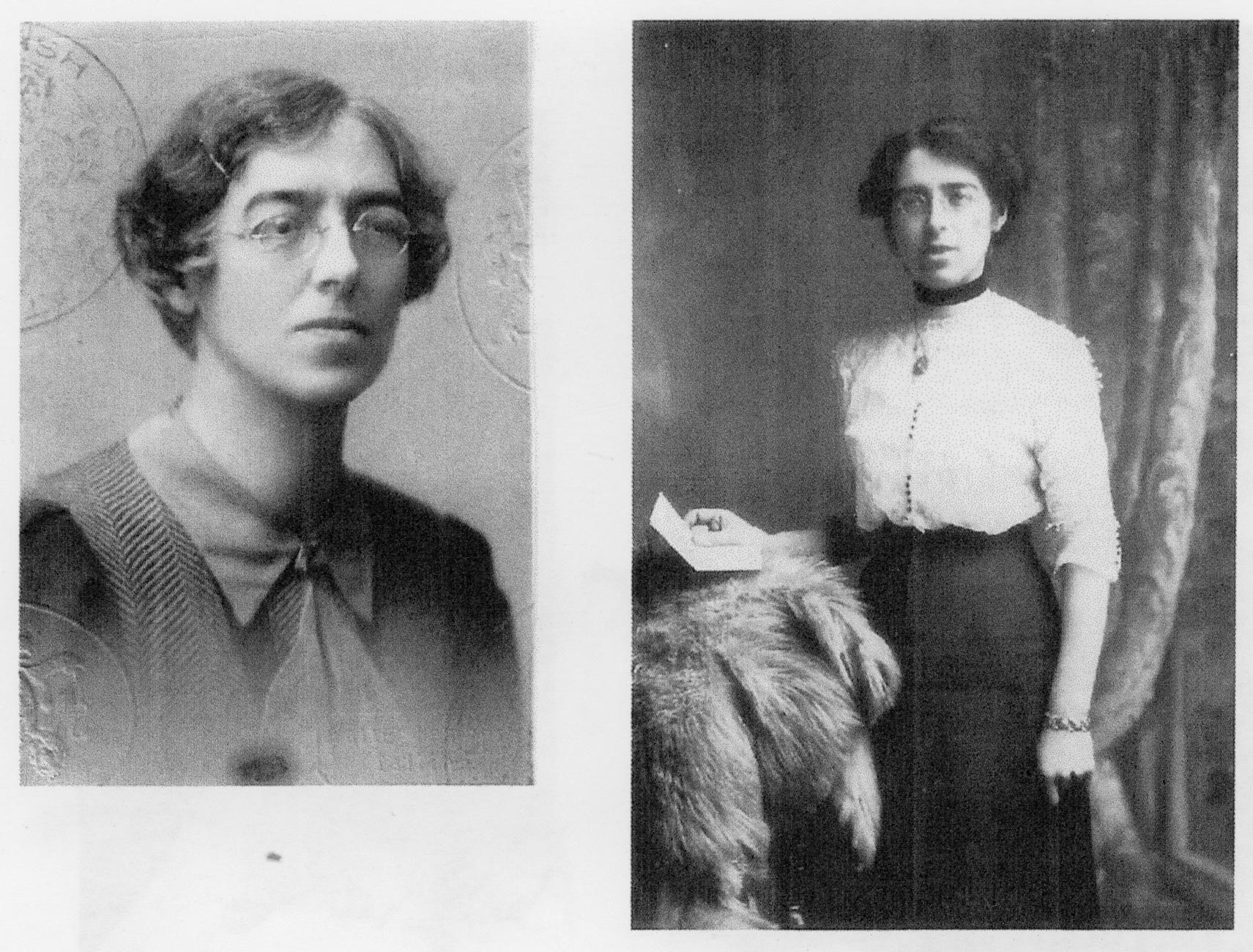I have read thousands of books in my life, and, until yesterday evening there had only been two I have not finished. These were Thomas Malory’s ‘Le Morte d’Arthur’, in which I was bored by lists of names of biblical length; and James Joyce’s ‘Finnegan’s Wake’, which I had seen as a challenge, especially as it had a reputation for multi-lingual puns, yet which I found unintelligible.
It has not been my practice to have more than one book on the go at once, but while working my way through re-reading ‘David Copperfield’ by Charles Dickens I thought I would try an experiment with this and with Harold Brodkey’s ‘Profane Relationship’.
I managed to reach 200 pages before abandoning each of the first-mentioned works. I wasn’t much past that point in Brodkey’s 1994 novel, and more than somewhat inclined to make that the third with which to dispense. In order to ensure that my boredom with it was not influenced by comparison with the Victorian classic, I waded through another thirty-odd pages.
Then I picked up
In ‘David Copperfield’, Dickens tells a story which, complex as it is, hangs together, and, romantic as is the author’s style, engages our interest in his characters. There is, of course, no mention of sex in the writer’s depictions of love. The writing is humorous and descriptive of place, events, and personalities. One-dimensional most of them may be, but we can forgive him that. The narrative wends its way to a credible conclusion for all concerned.
Mr Brodkey’s book also begins with friendship between two children, both boys, and professes to be the story of its development. There any similarities end. Profane as the relationship undoubtedly becomes when, after some years apart the older boy ensnares his not unwilling, yet seemingly heterosexual, friend into graphic activity, I could not become engaged with these characters for whom there are no truly loving relationships – unless, of course, you see love and hate as two sides of the same coin. Dickens wrote in a time when sex could not be mentioned; Brodkey writes as if the physical activity is all there is to love – at least that is how I understand one who so frequently ejaculates streams of logorrhoea throughout his pages. There may be a credible conclusion, but I have no inclination to discover it.
Today I set about scanning the first three of Charles Keeping’s illustrations to ‘Our Mutual Friend’. The frontispiece shown above illustrates ‘He put both his arms round her waist’.
‘A boat of dirty and disreputable appearance, with two figures in it’ displays the artist’s skill with perspective.
‘The Veneering establishment’ depicts Victorian nouveau riche.
For the Head Gardener, tomato blight is one of the most distressing consequence of weeks of warm, wet, windy, weather. She successfully grew several plants from seed, and was looking forward to enjoying the fruits of her endeavour. The condition, like that currently besetting the human population of the planet, is caused by a wind-borne virus.
On either side of lunch we tackled the triffid tentacles of Félicité Perpétue extending across the front drive. It fell to me to bang in a pair of iron poles to carry a crossbar to support the rose, in danger of dragging down the fence.
Jackie, capable of being much more vicious than I, then savaged the stems.
The clippings were chopped and bagged up by Jackie who wishes it known that those trailers across the concrete have been sprayed with a herbicide which will make its way to the roots without damaging anything else.
Early this evening I posted: https://derrickjknight.com/2021/08/13/a-knights-tale-15-from-the-irish-civil-war-to-estonia/
Later, we dined on a Red Chilli takeaway meal. Jackie enjoyed chicken sag, sag bahji, and sag poneer with more of the rosé; my choice was king prawn naga, special fried rice, and plain nan accompanied by the last of the Shiraz.












